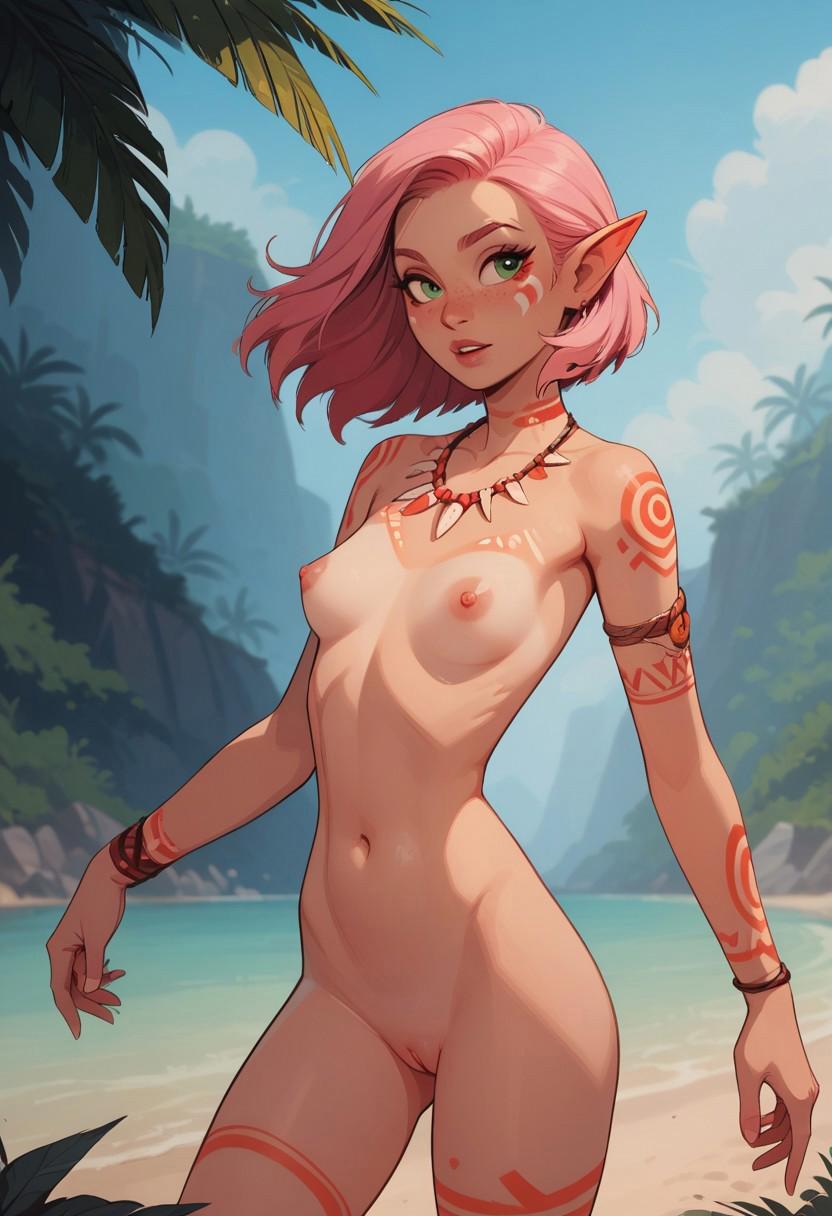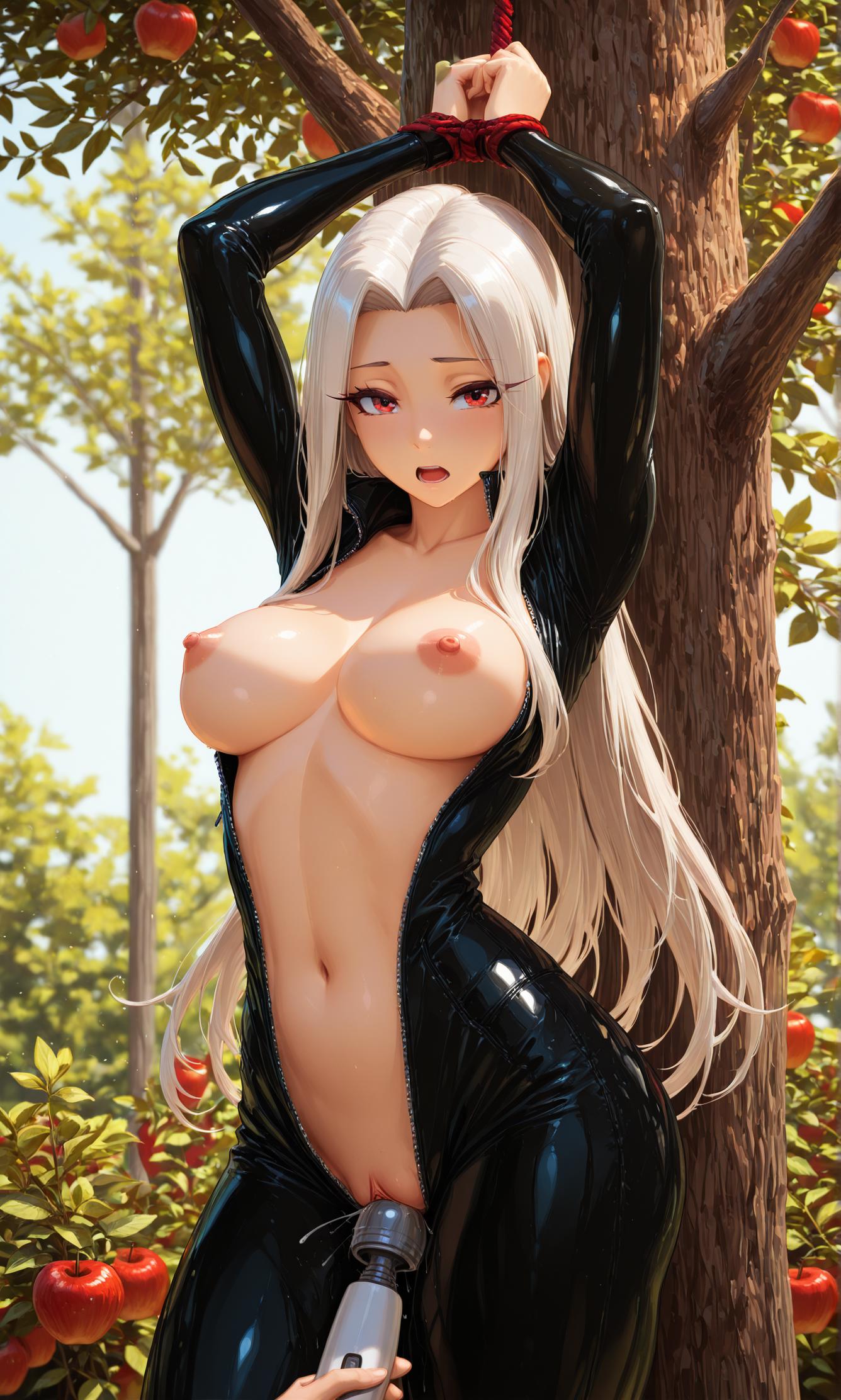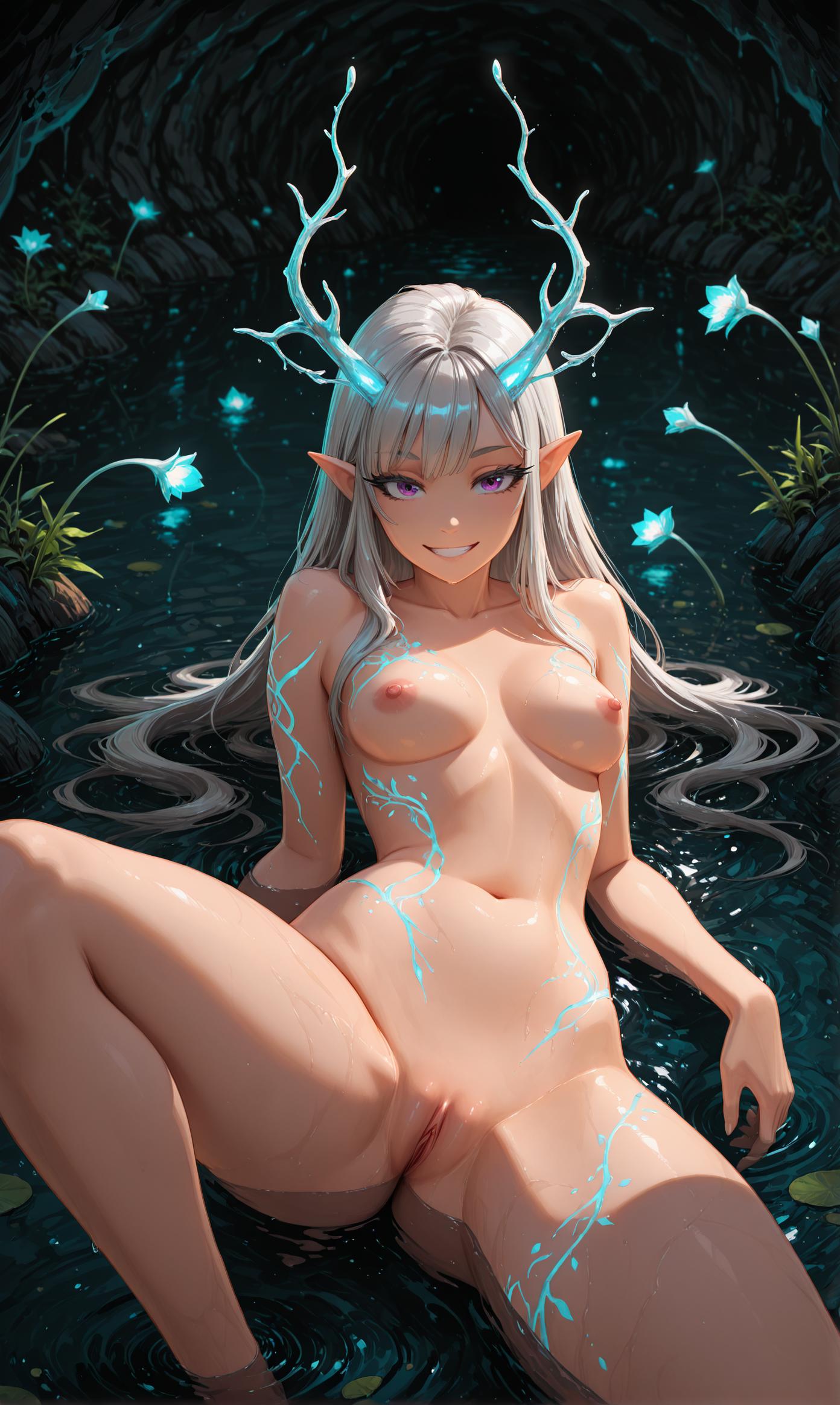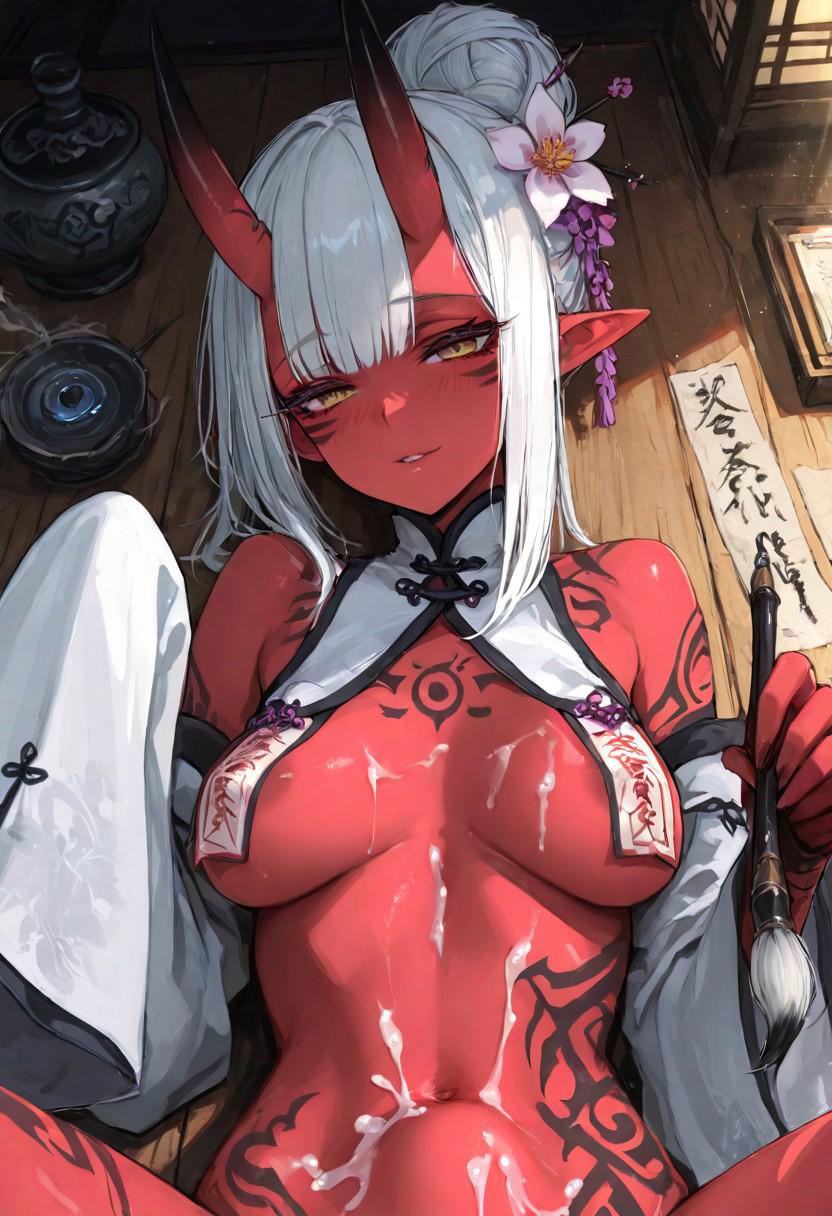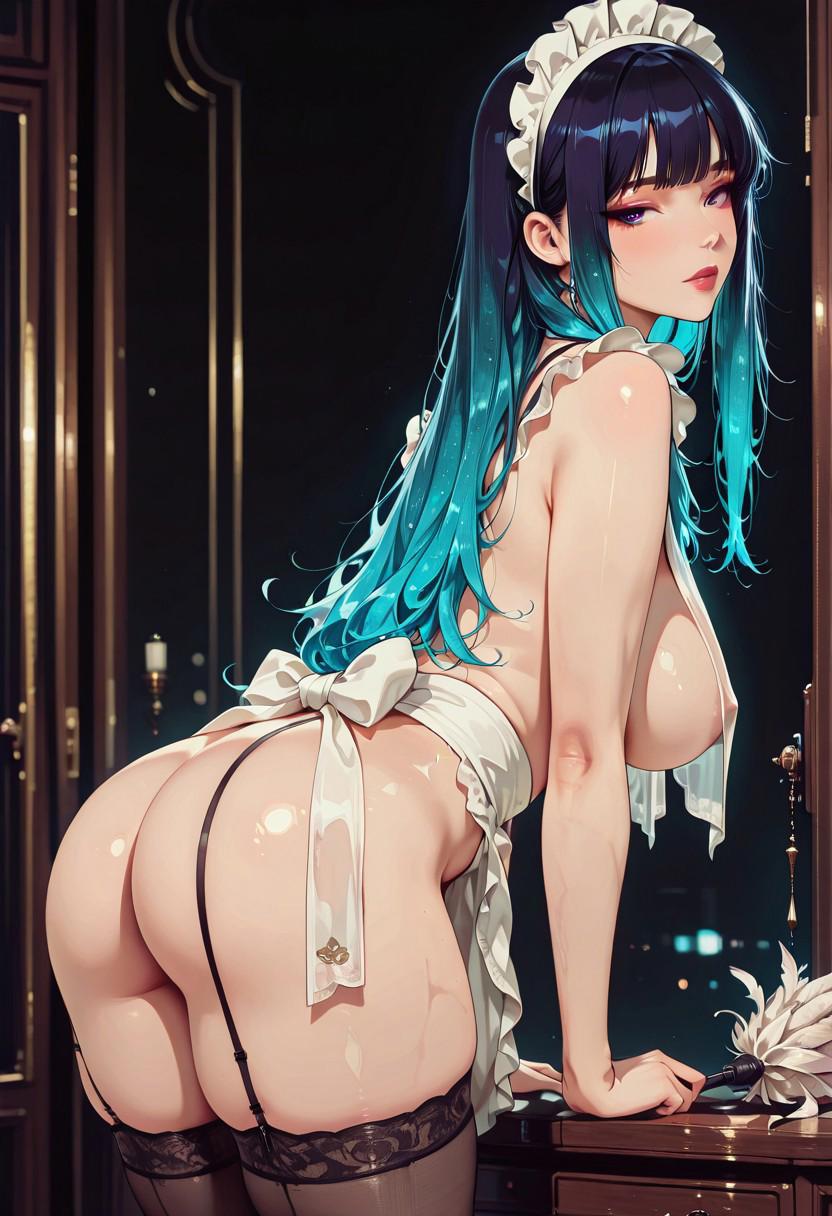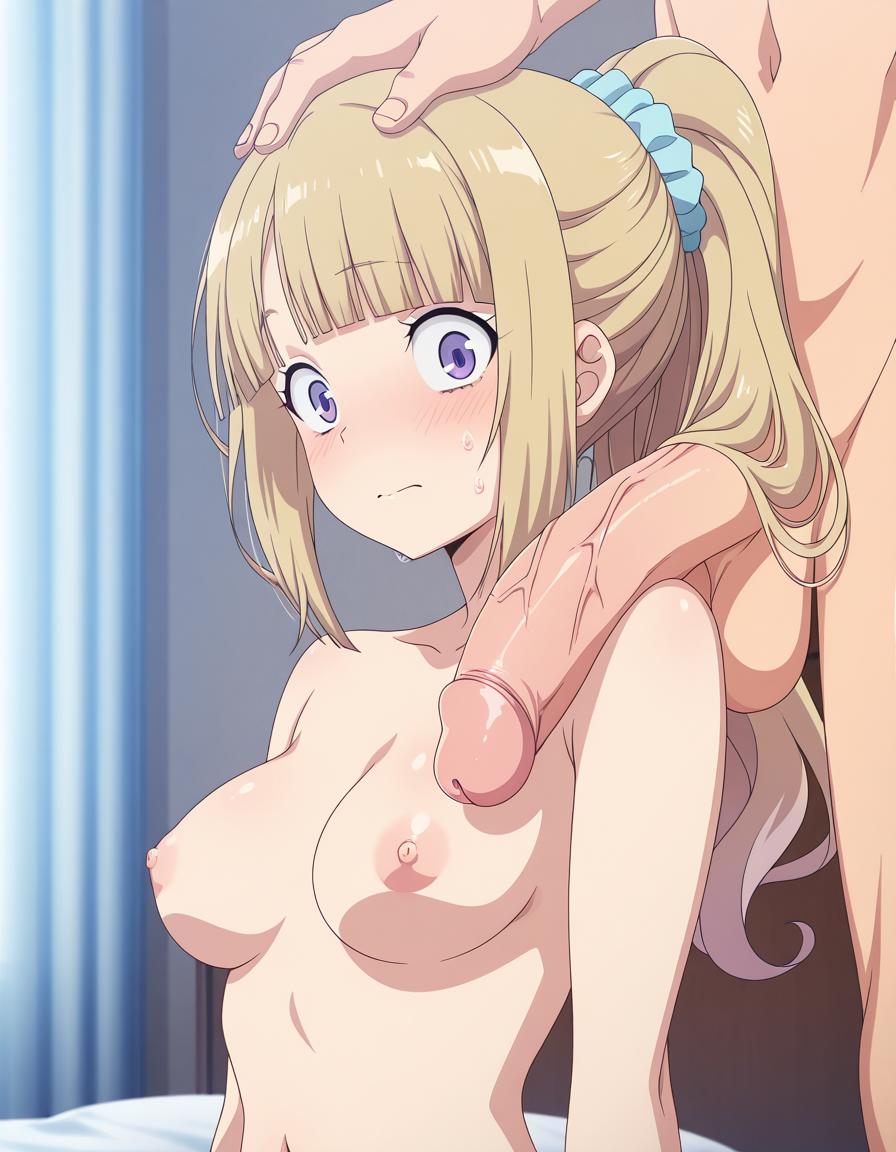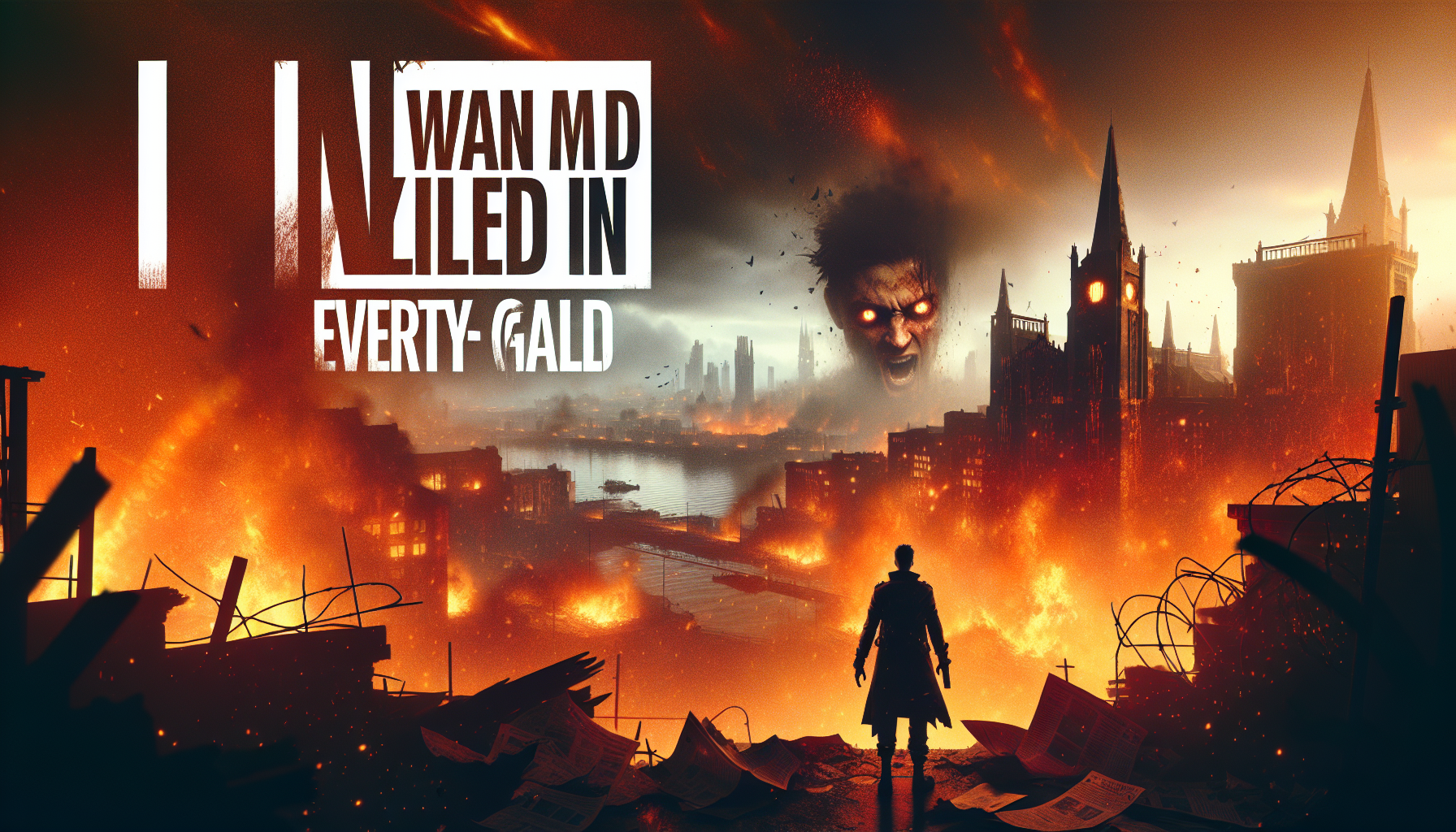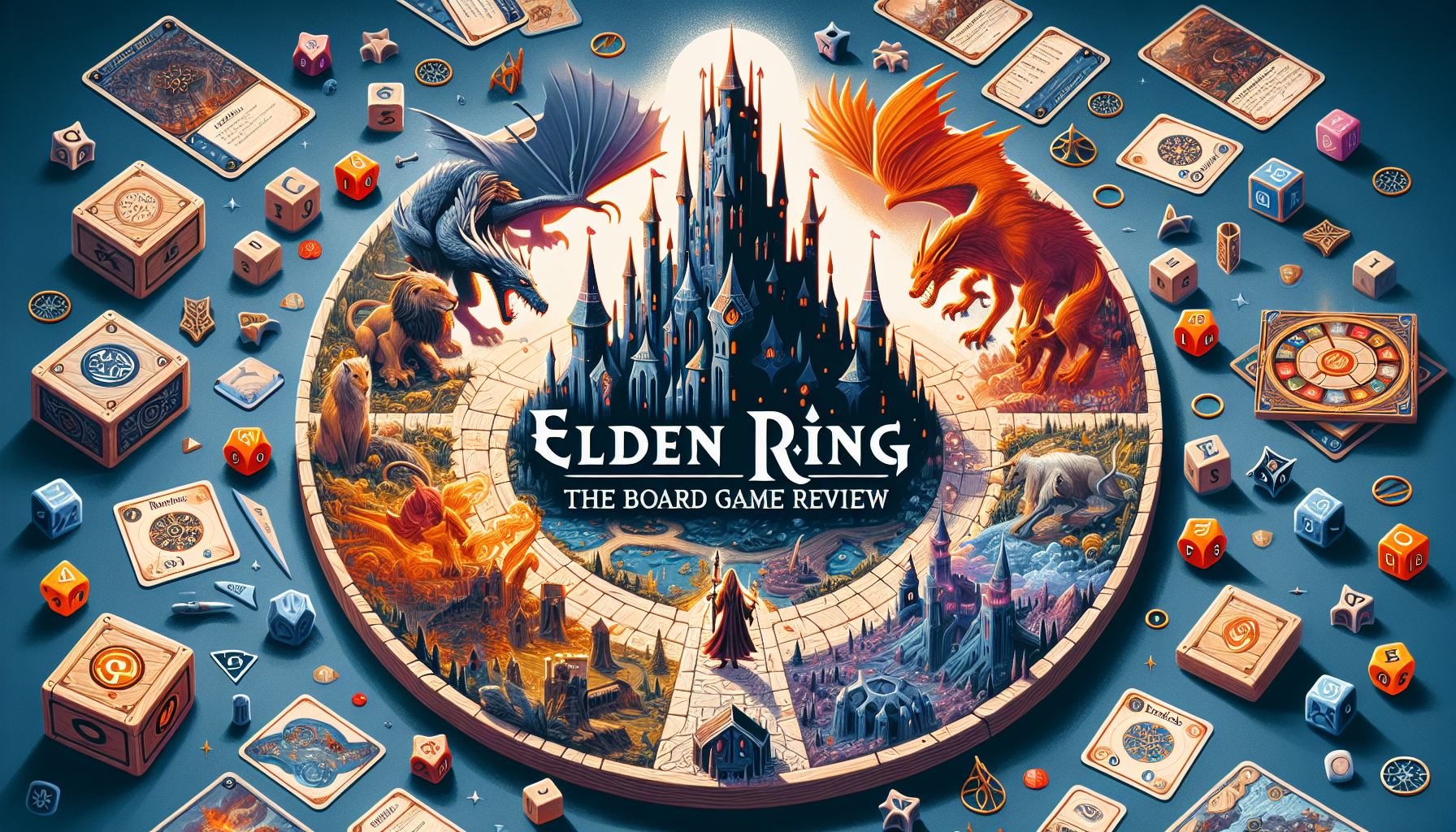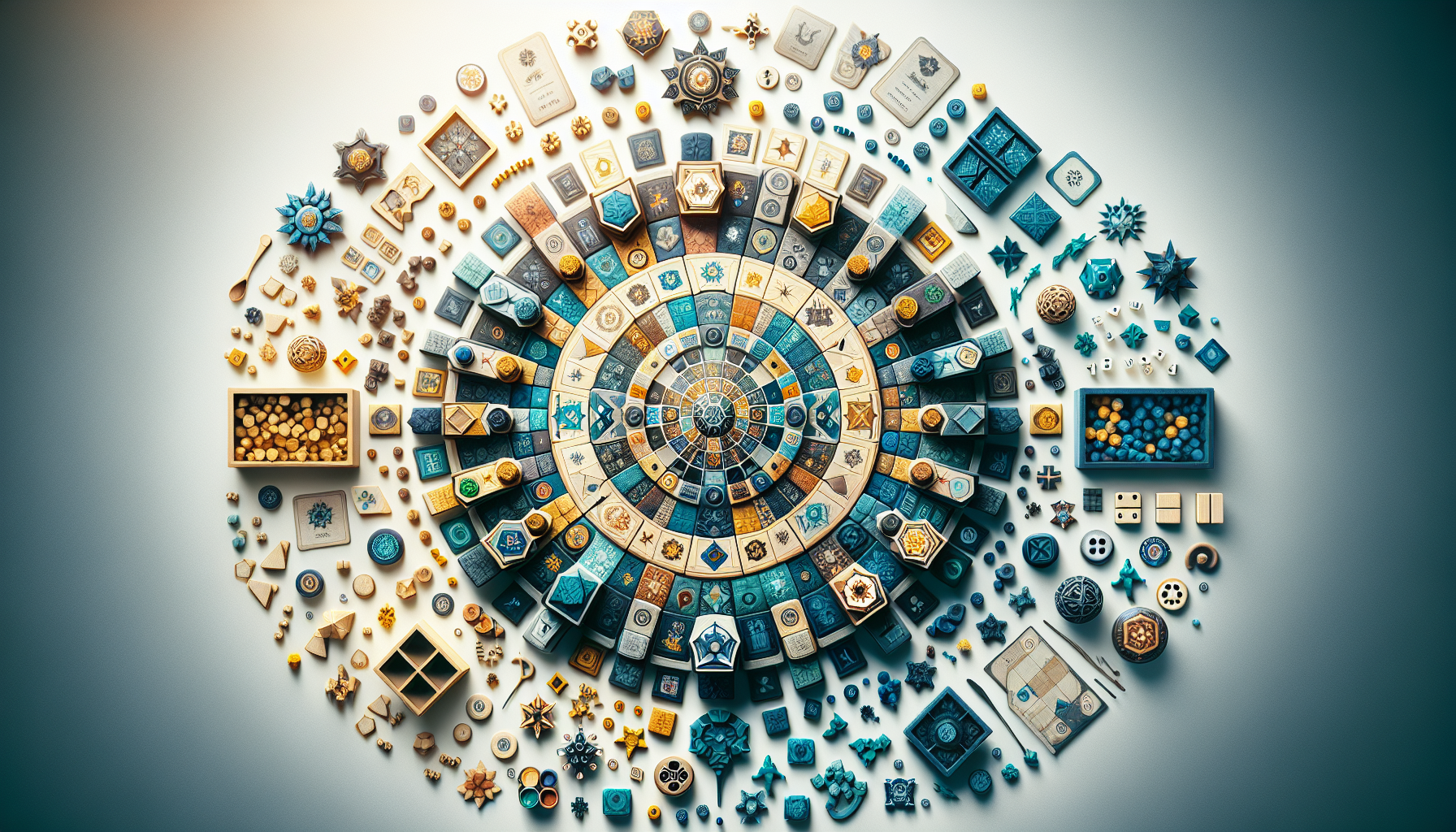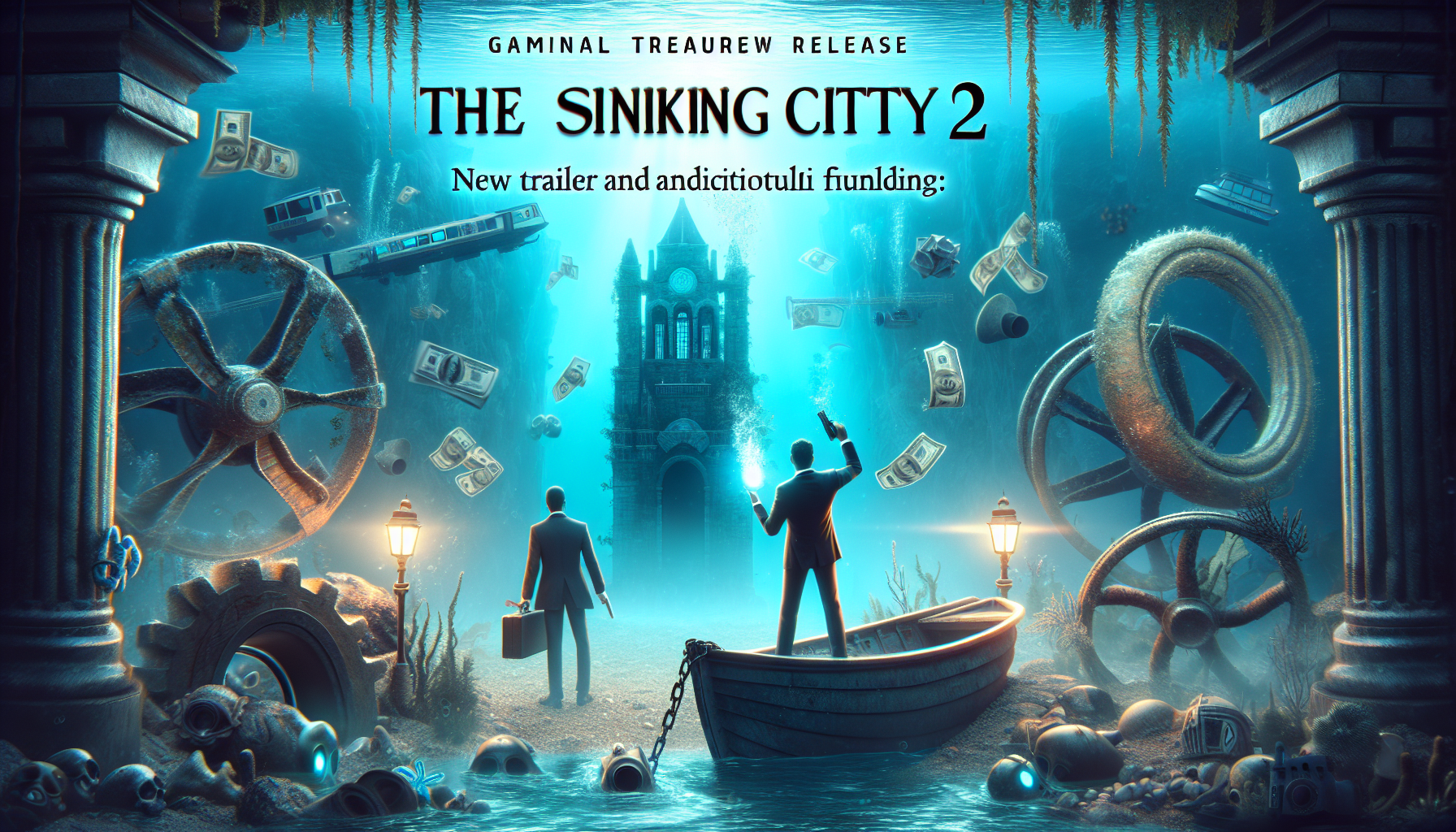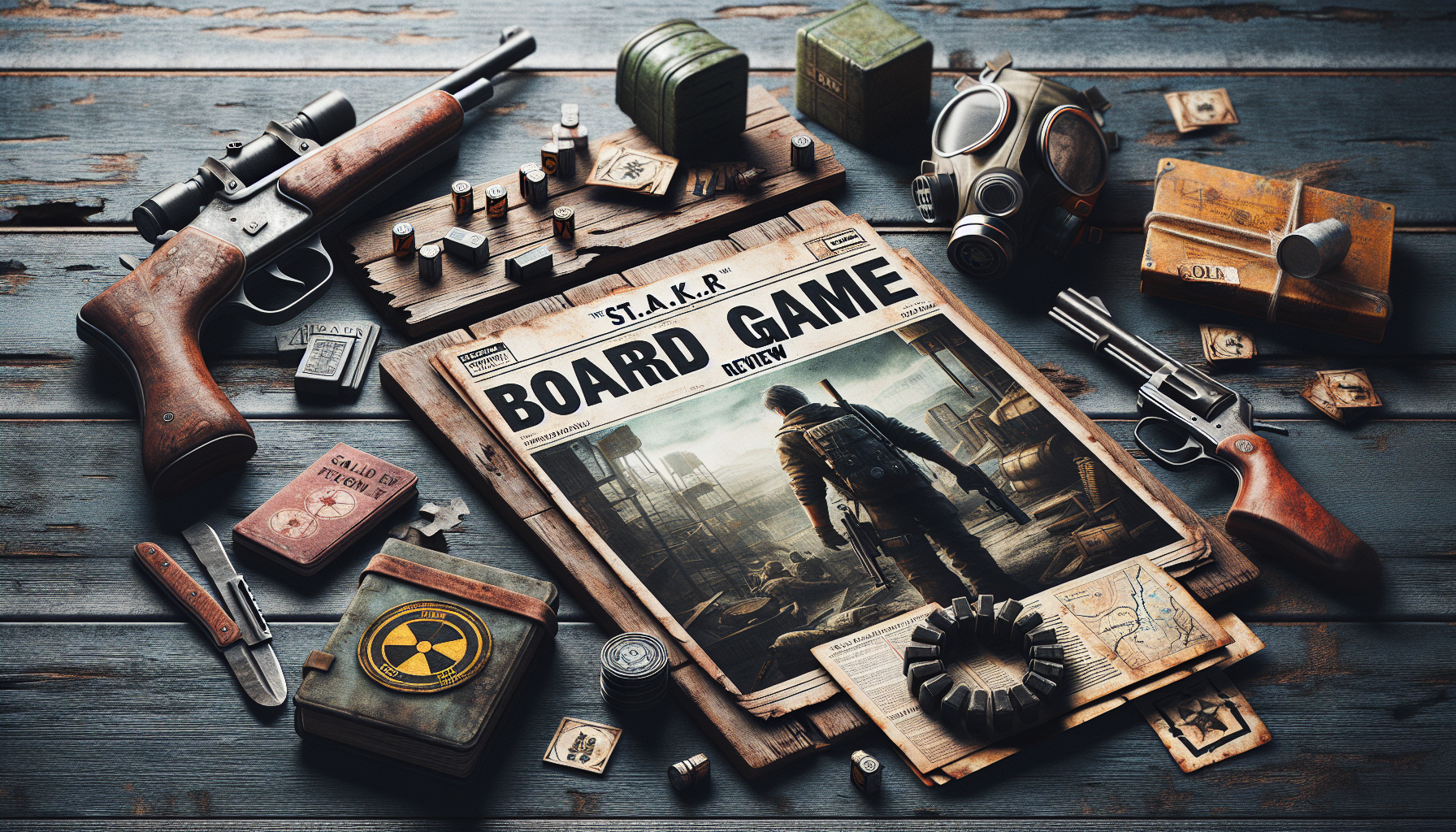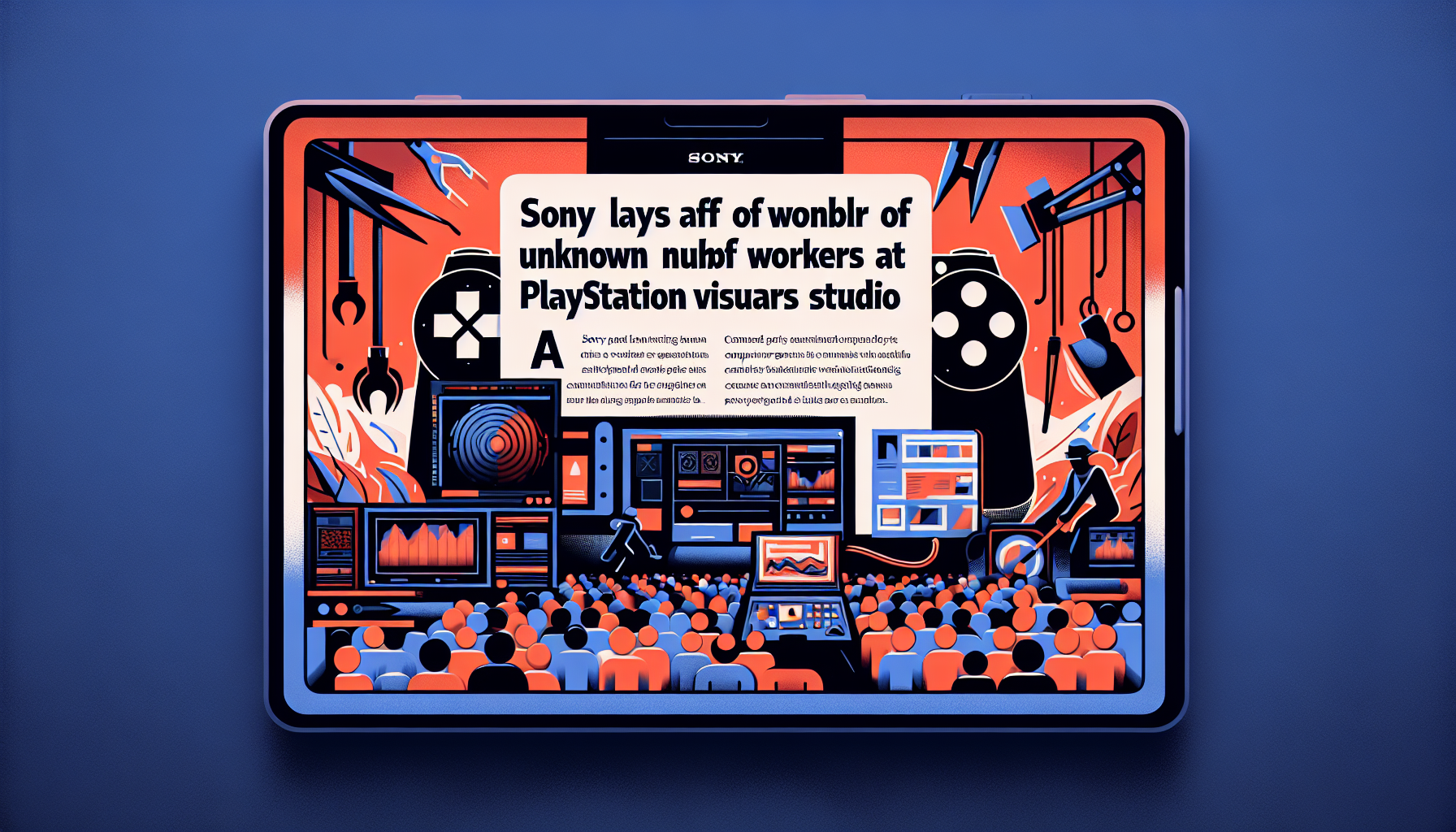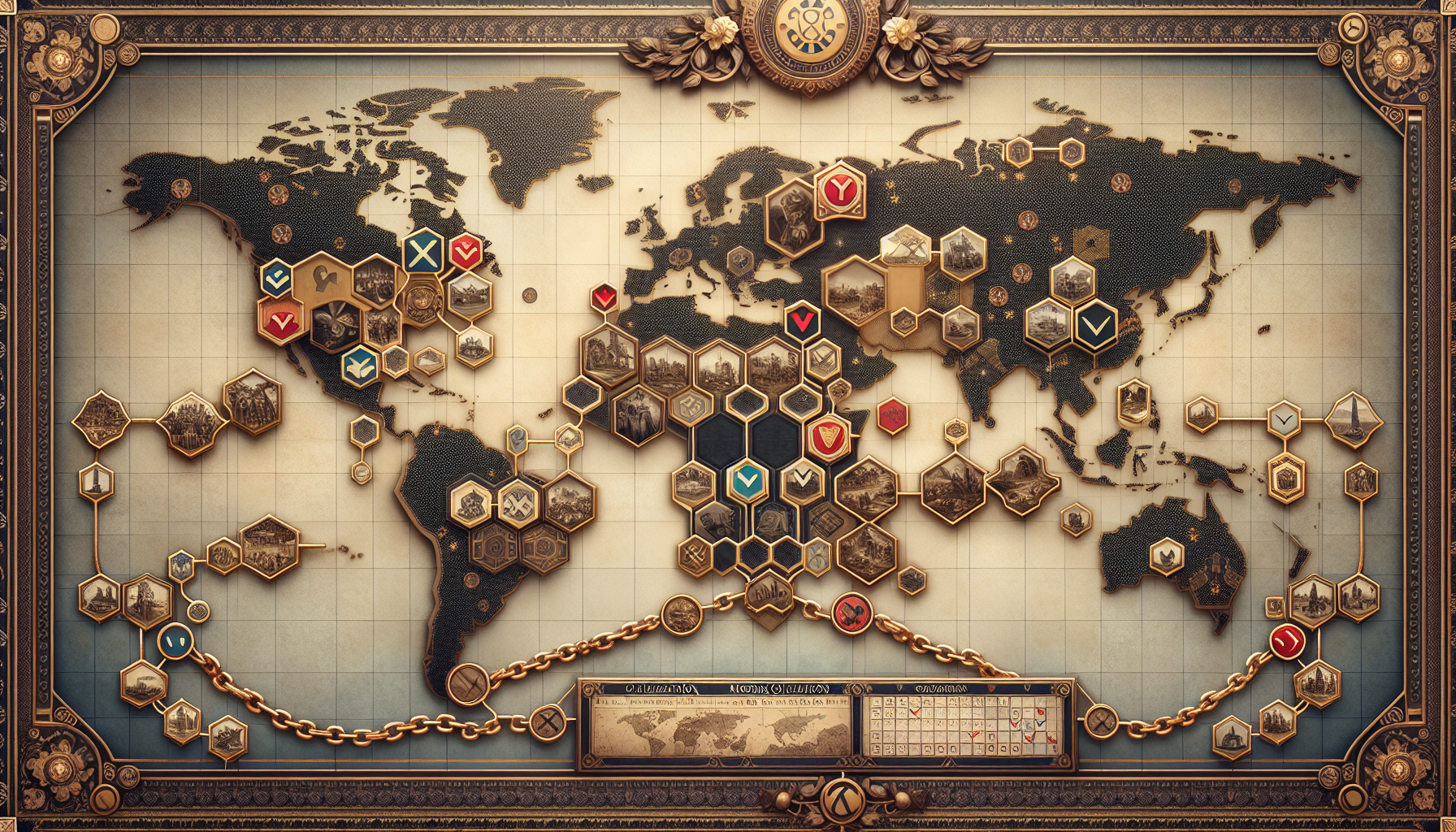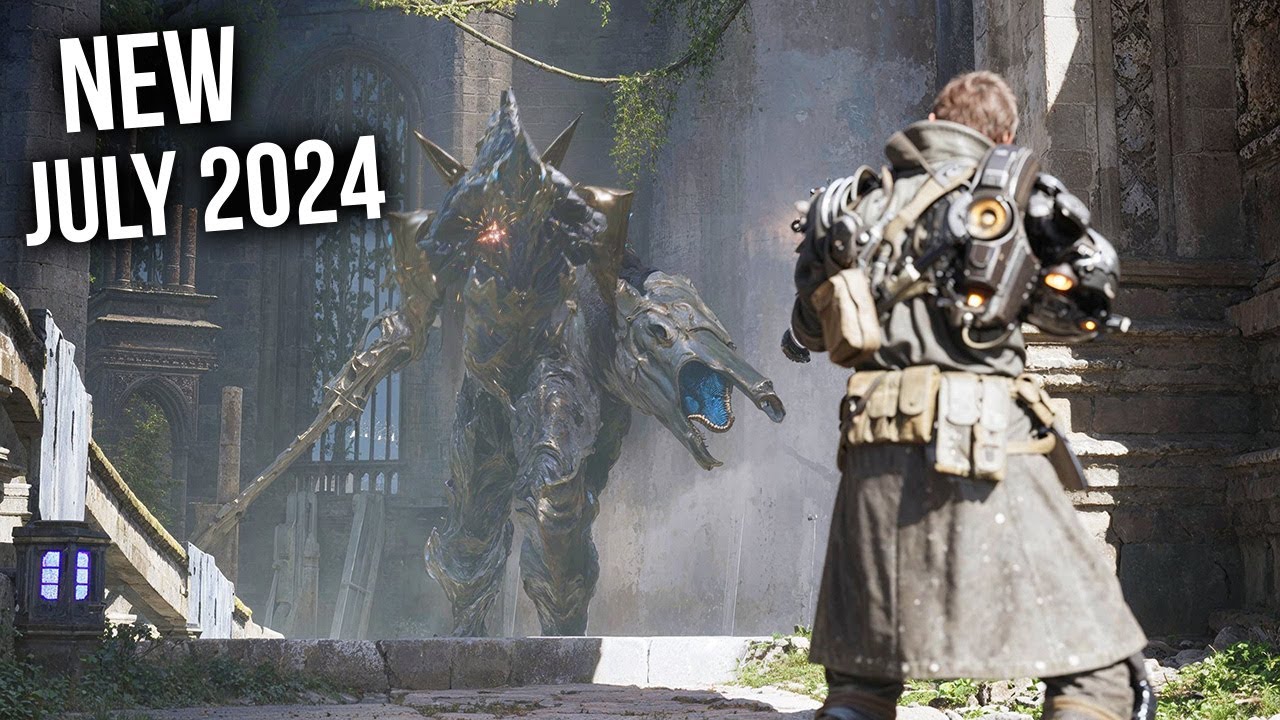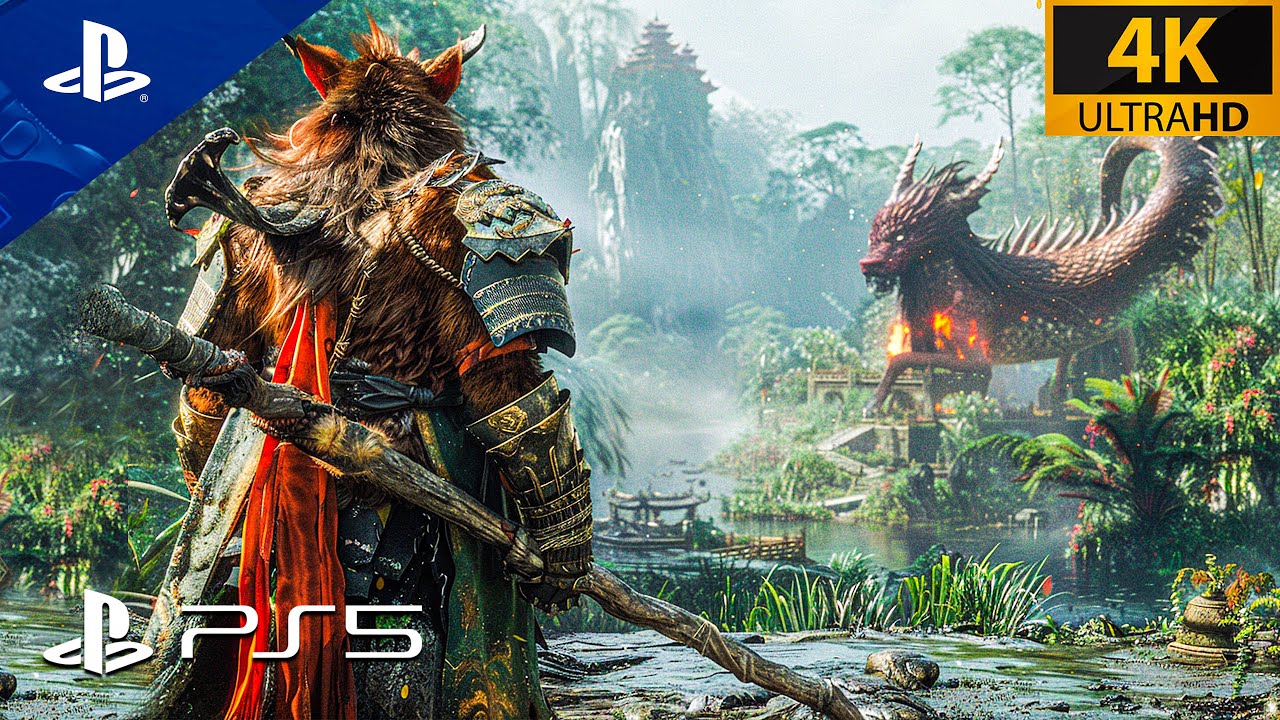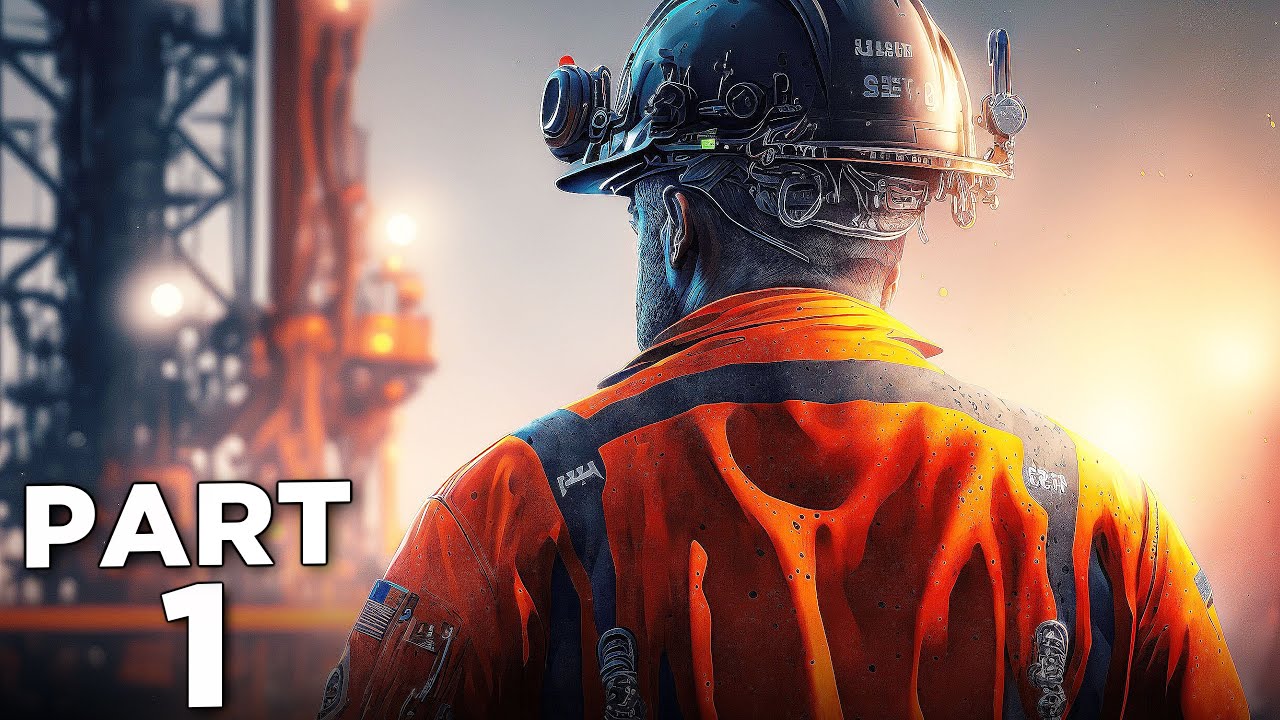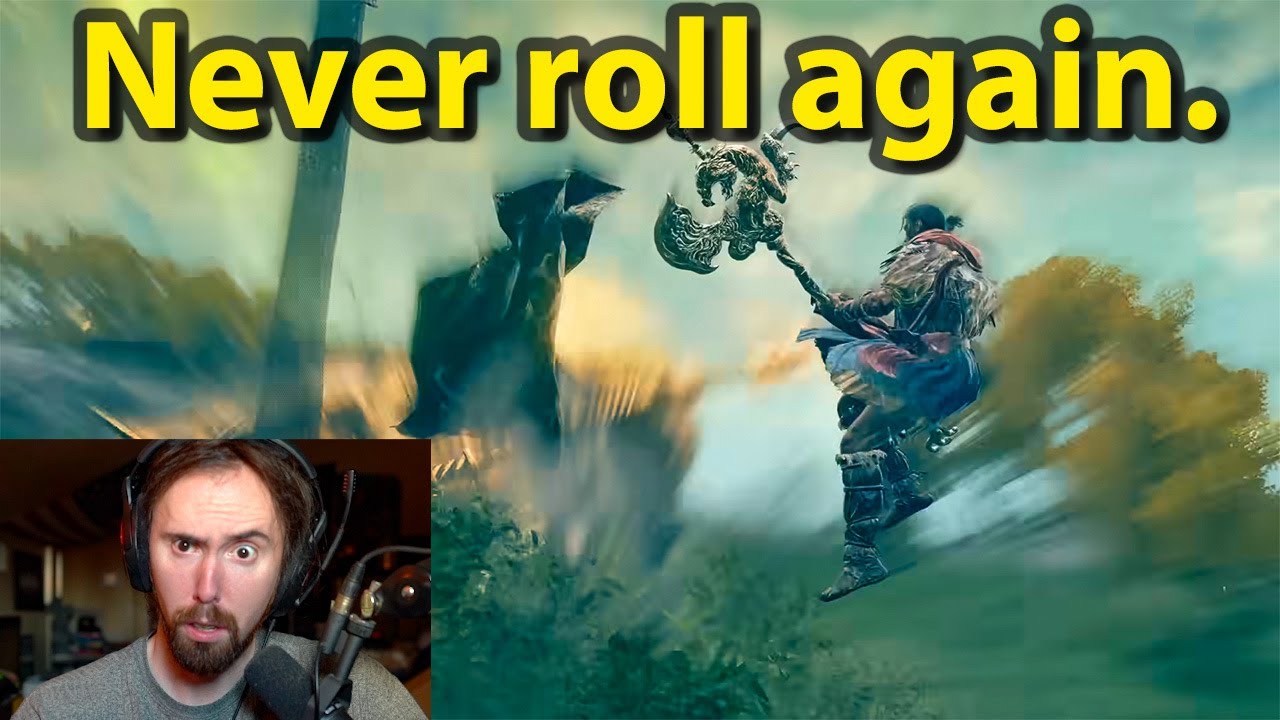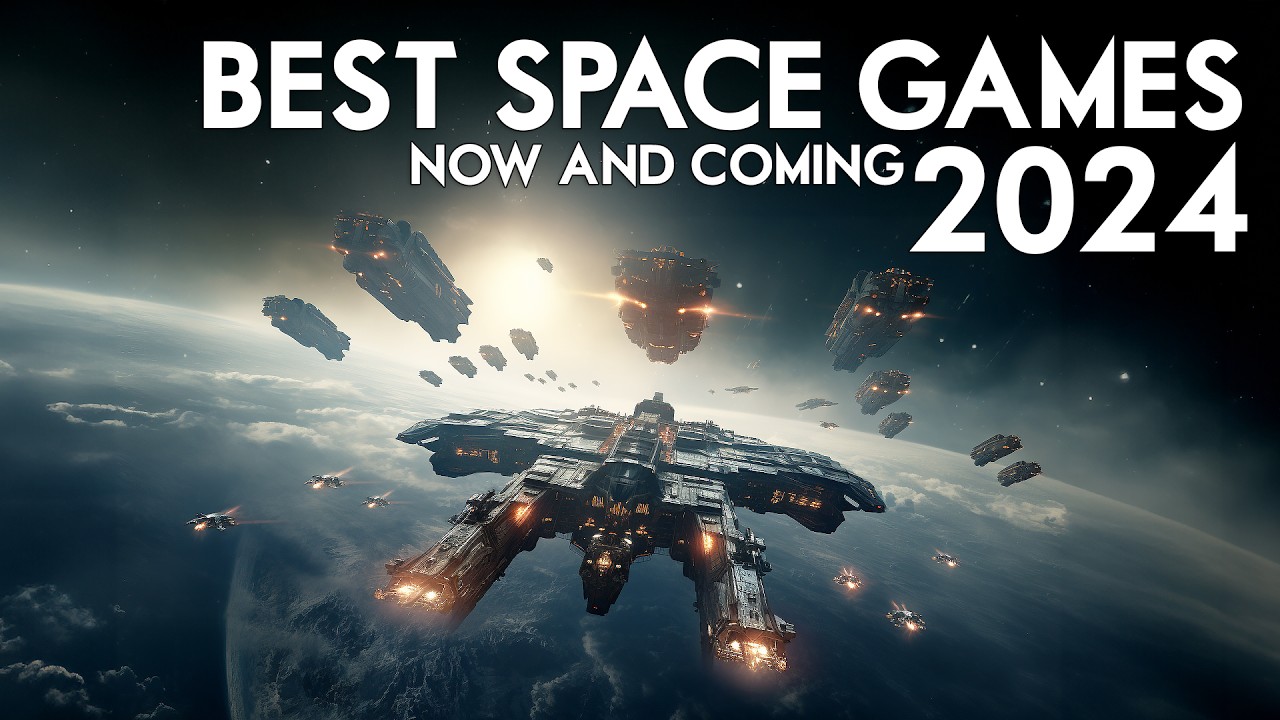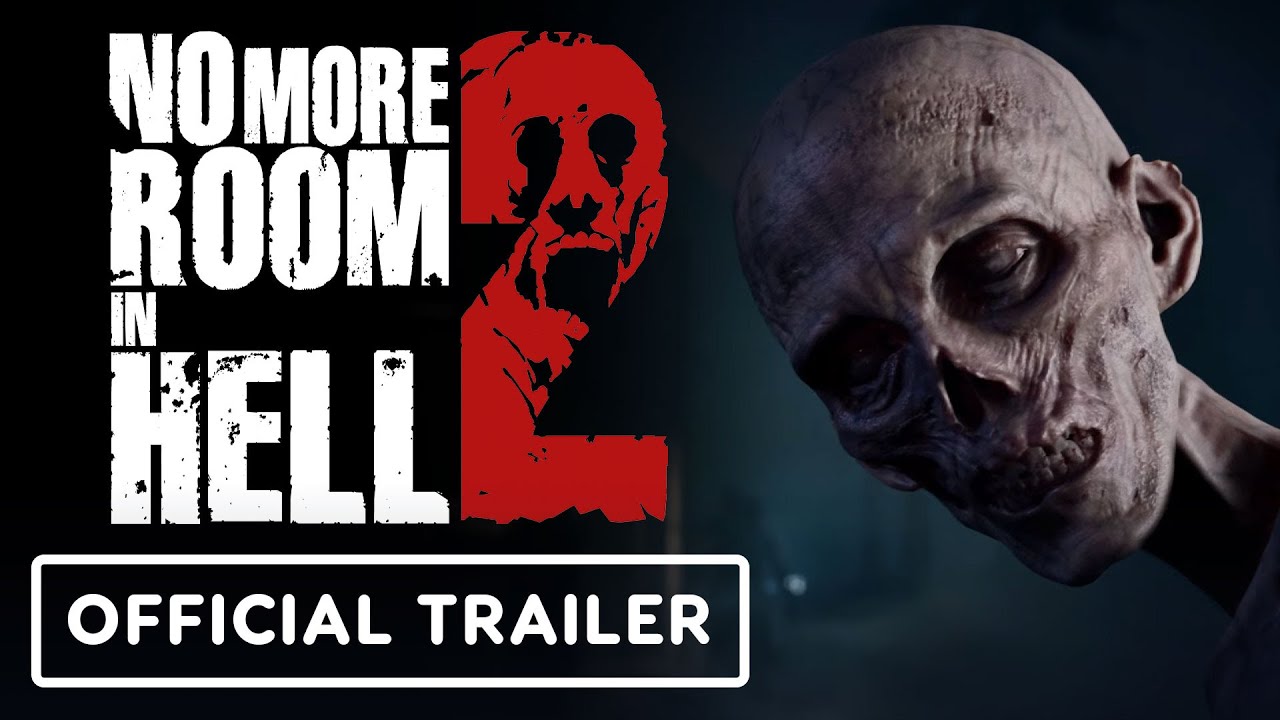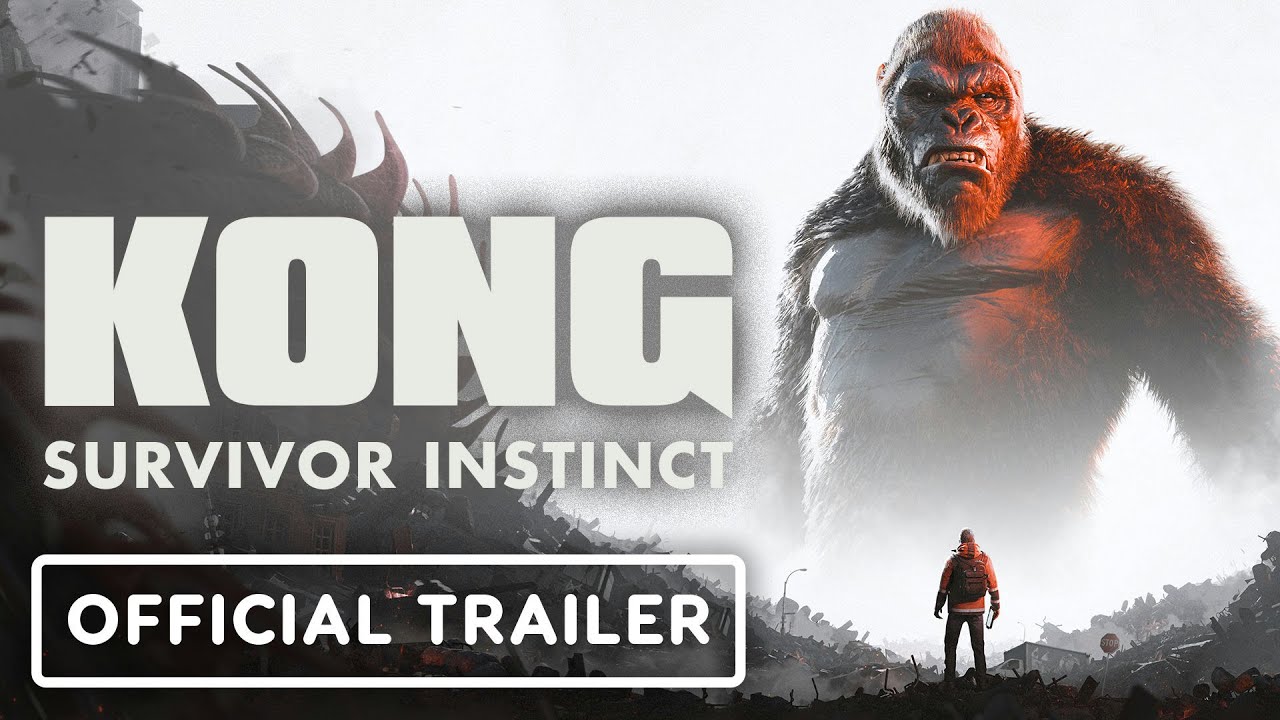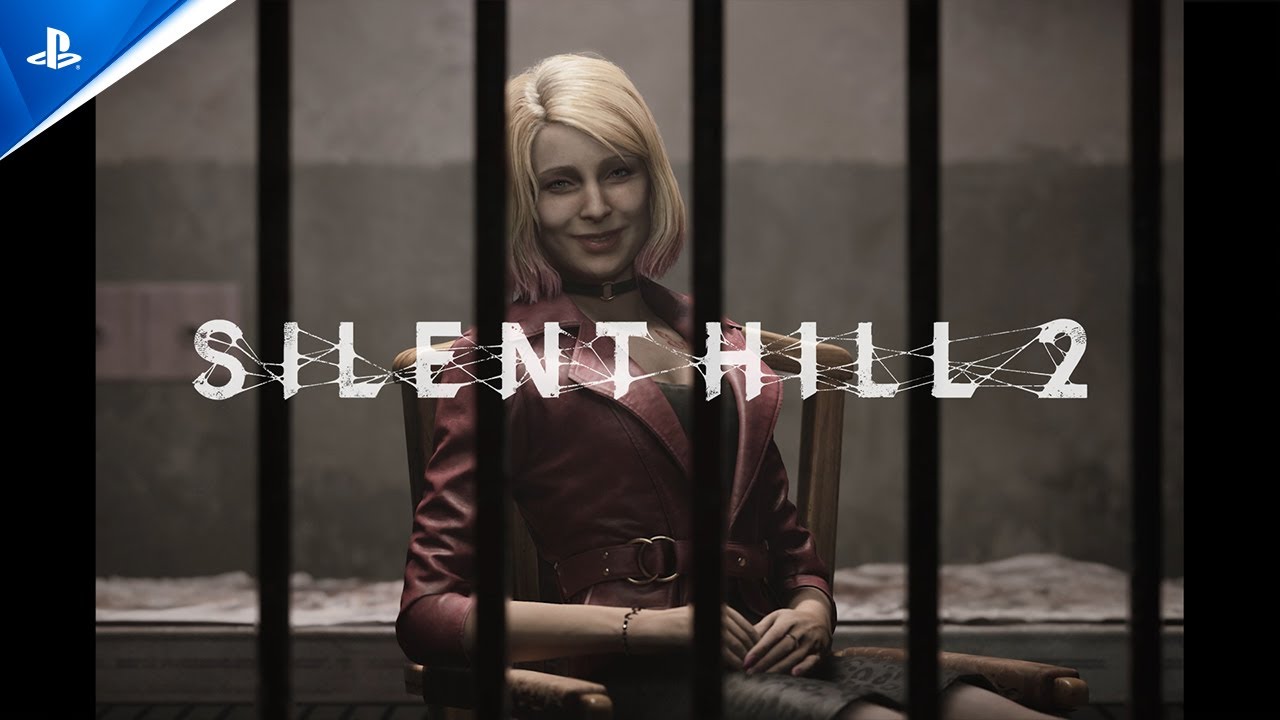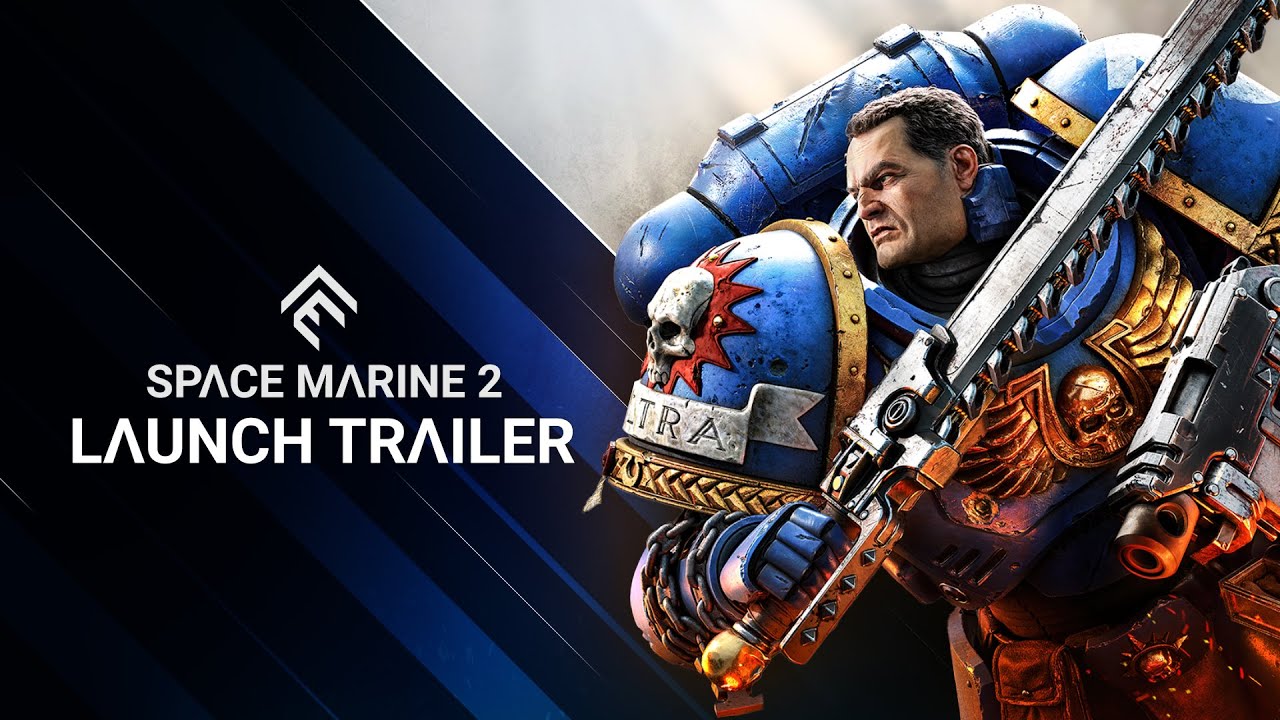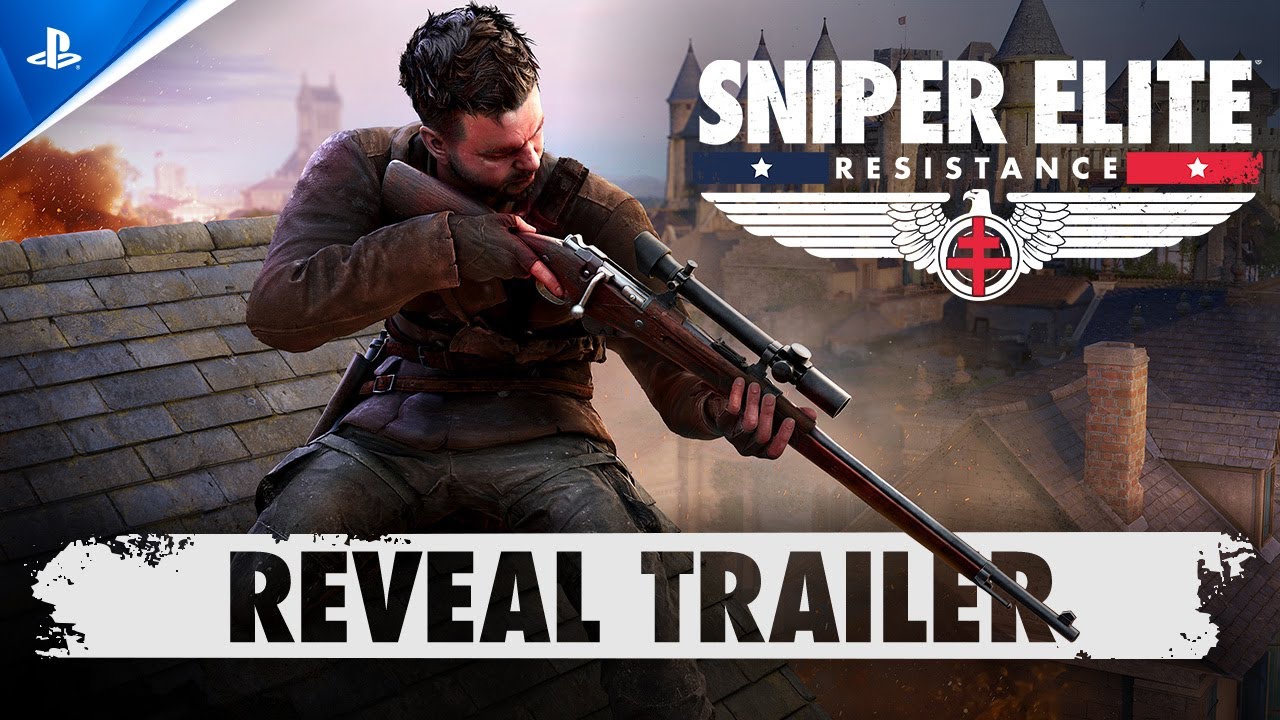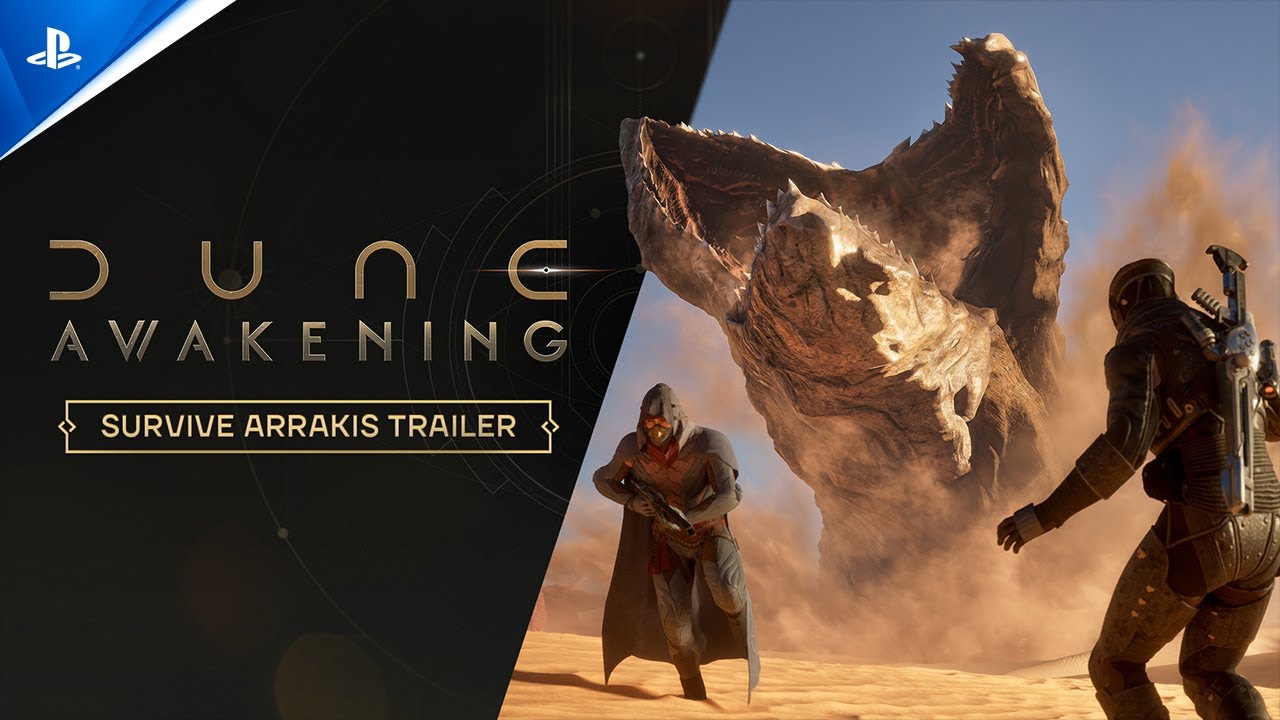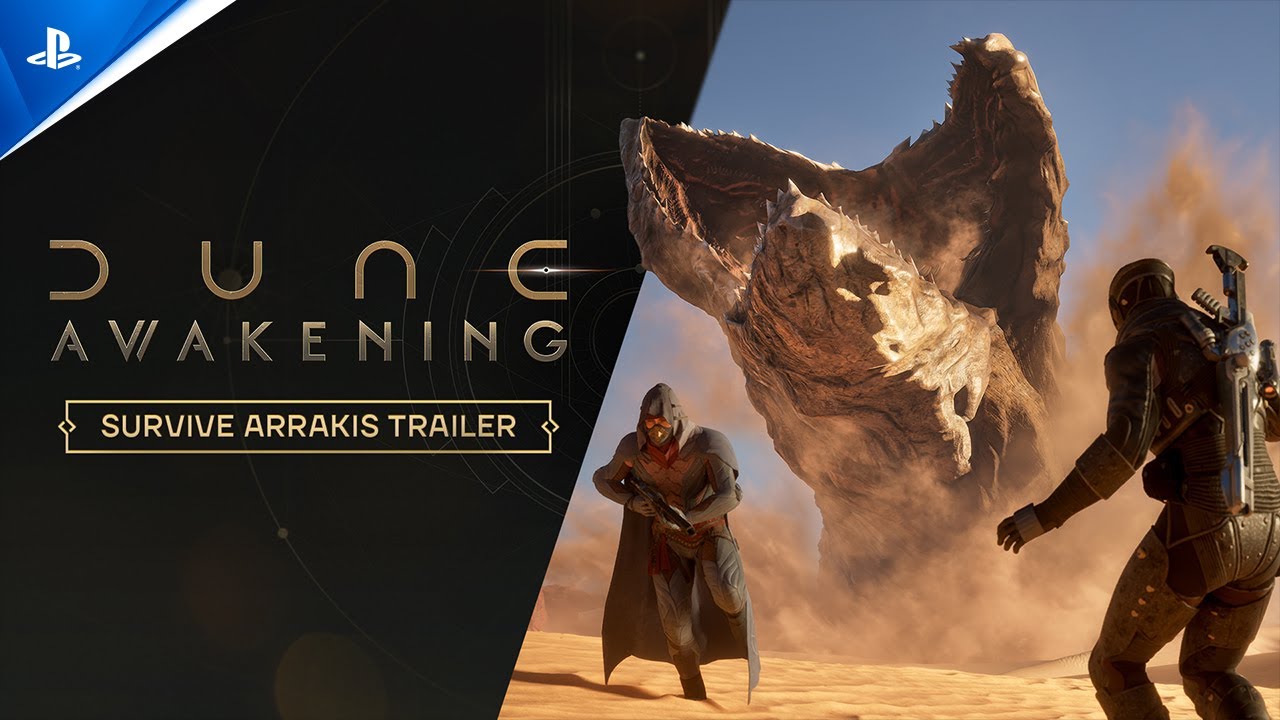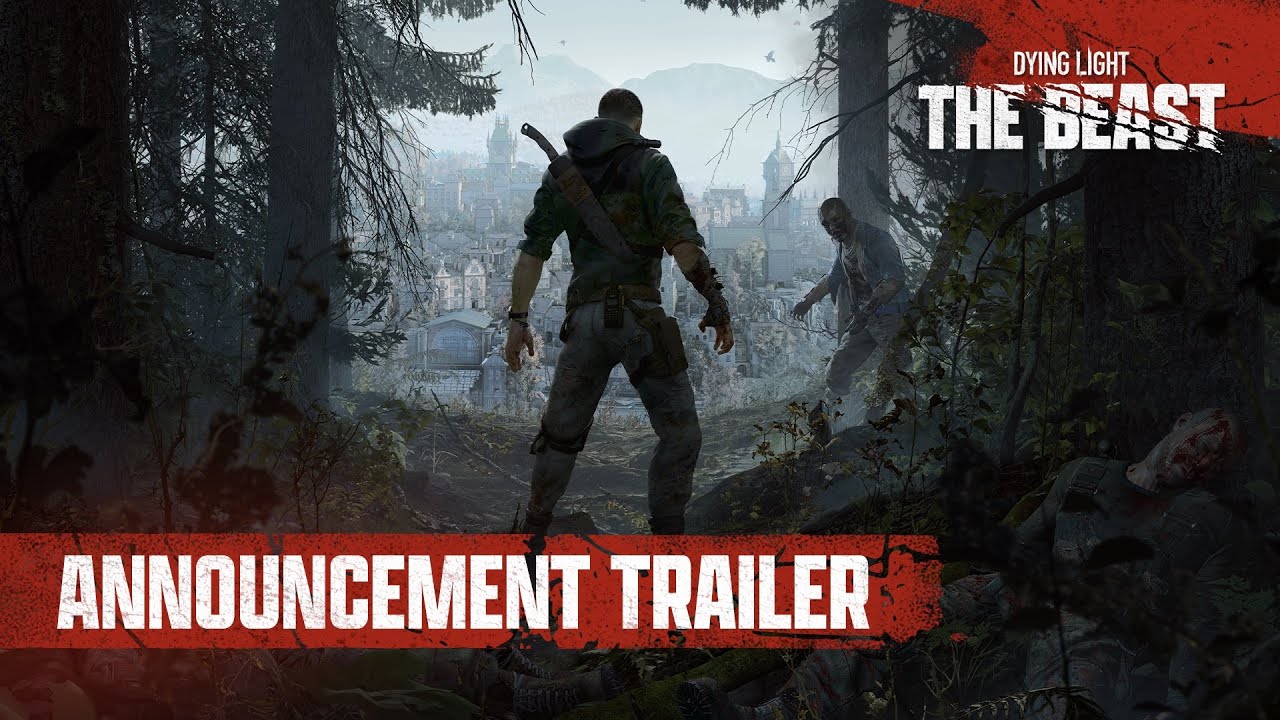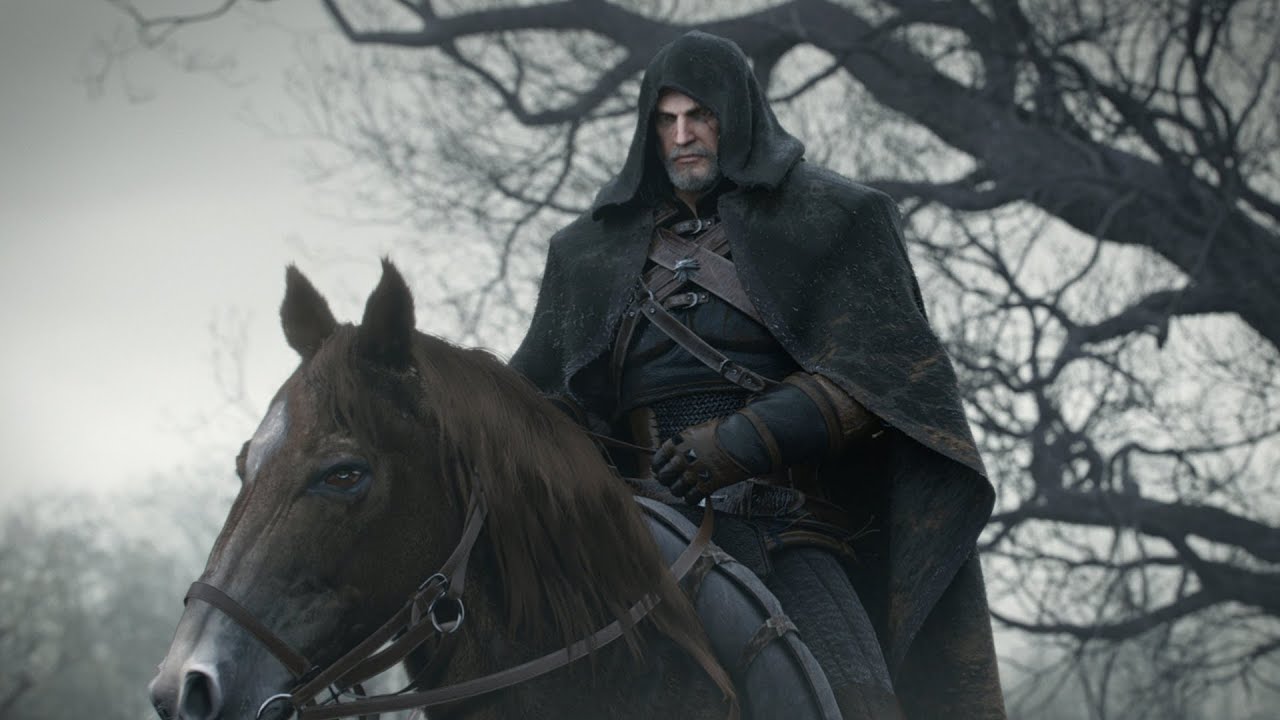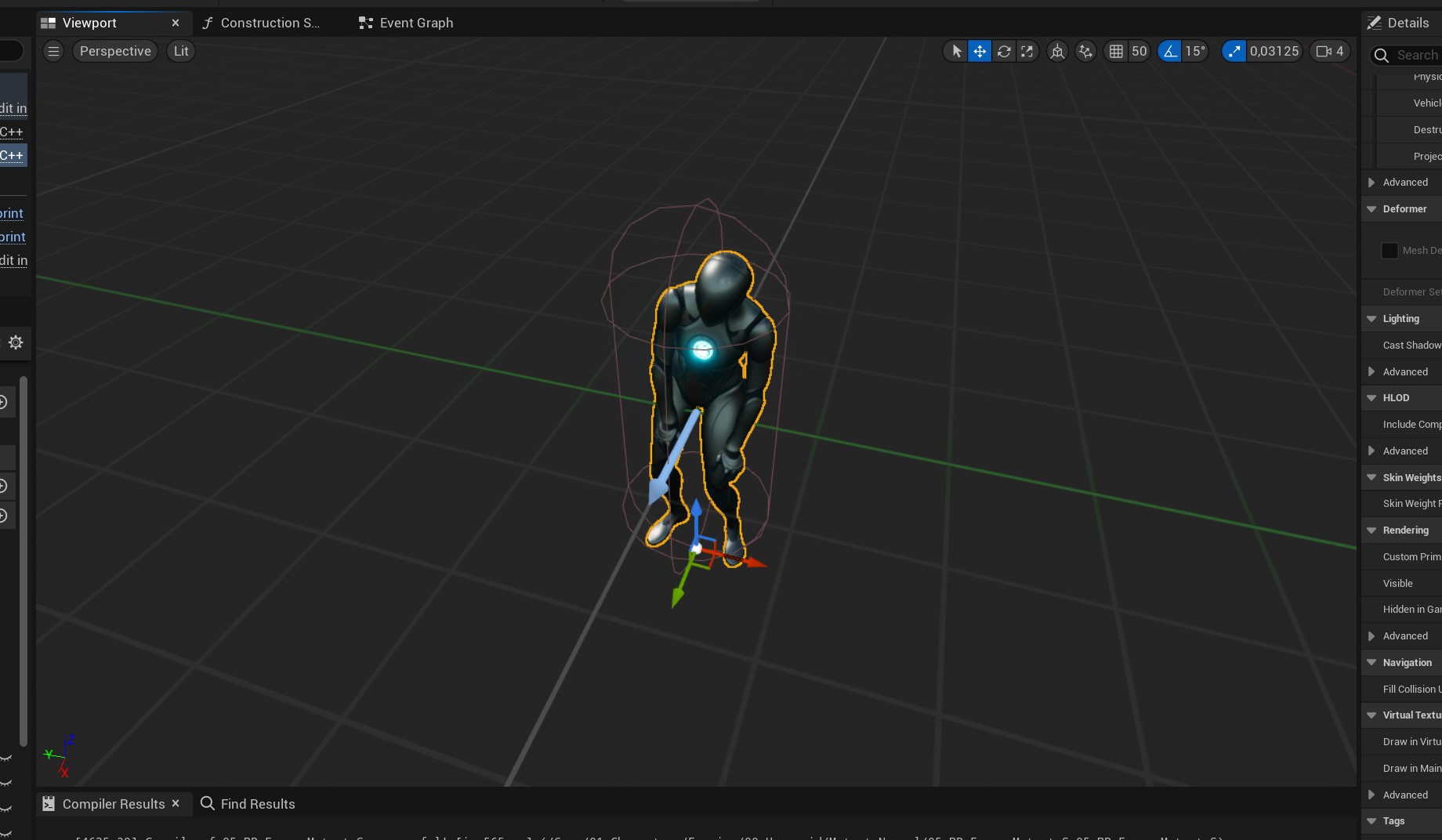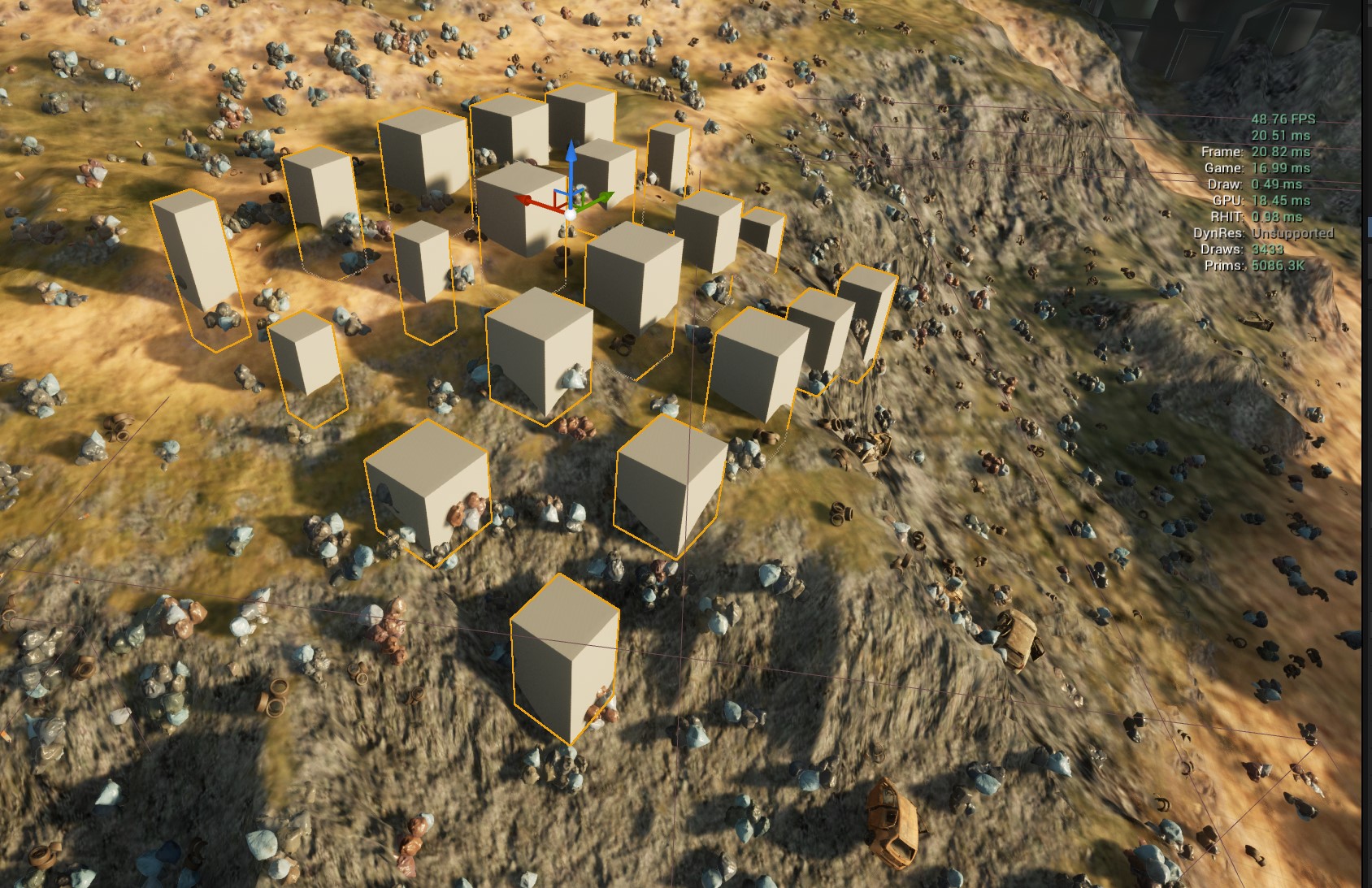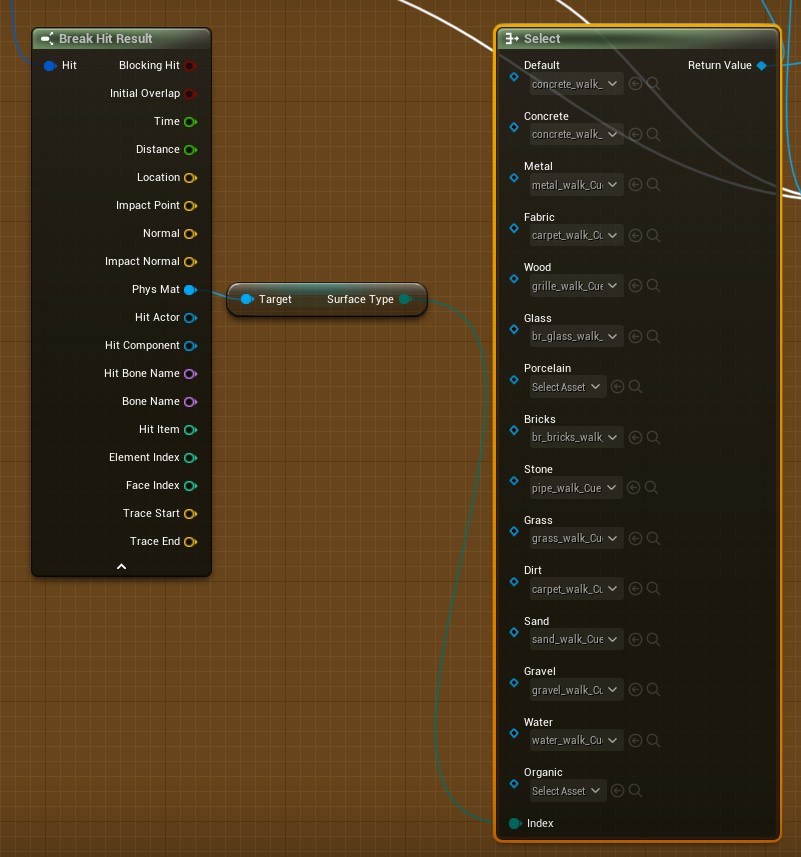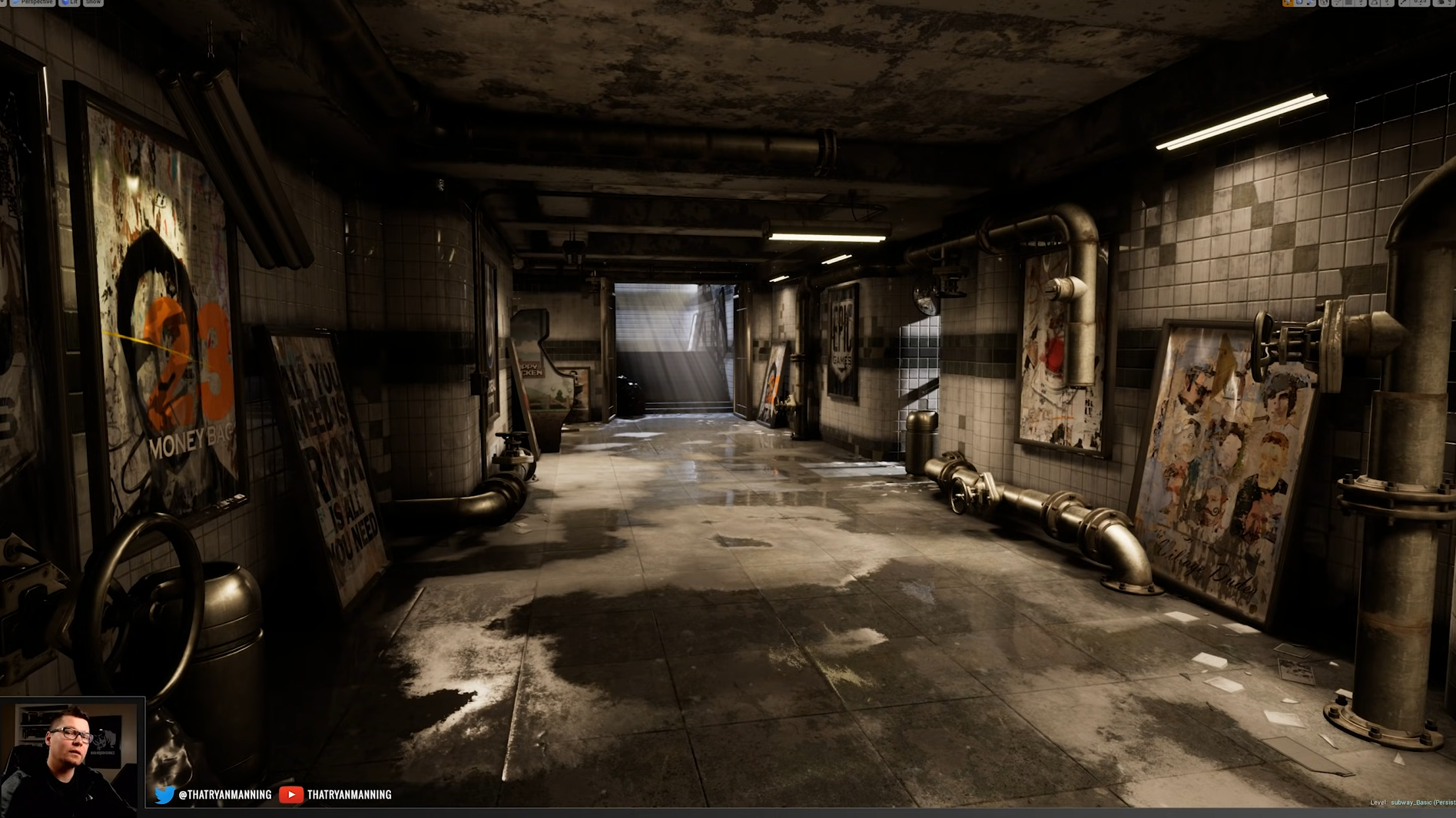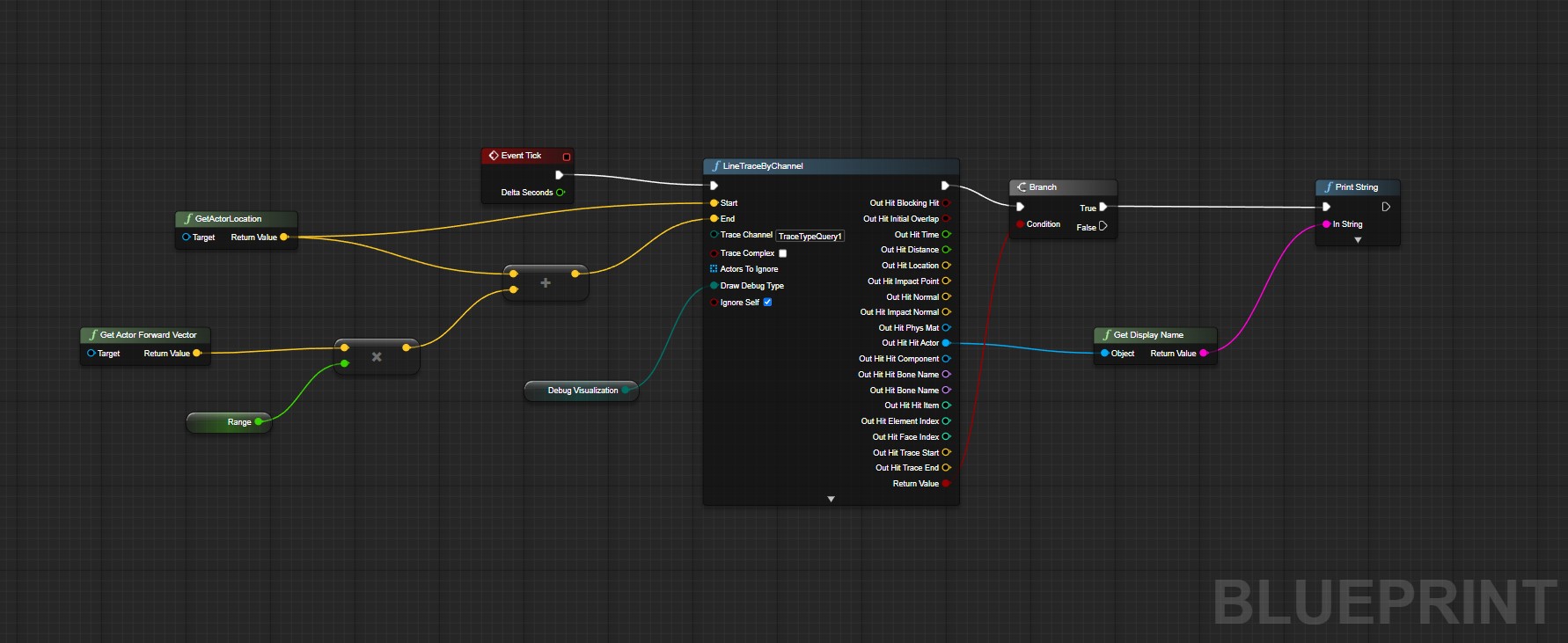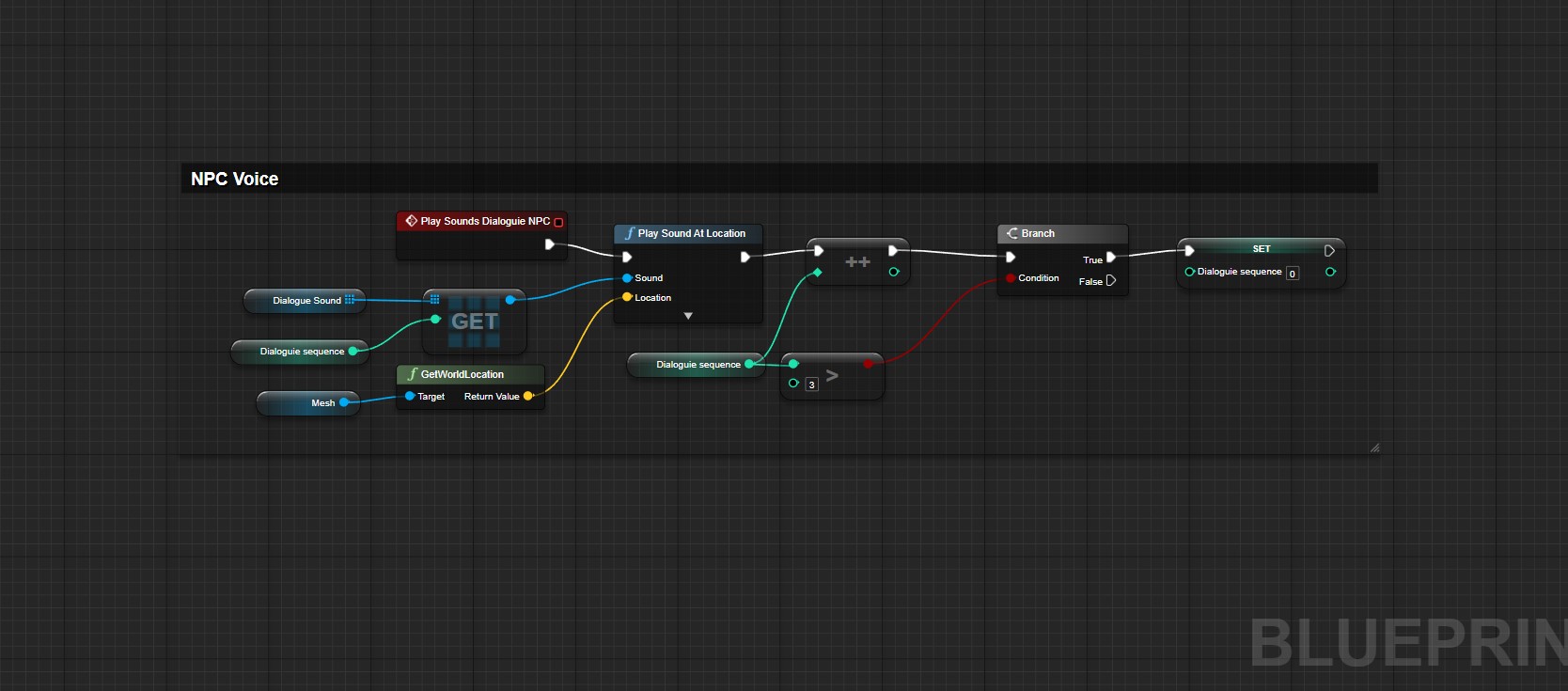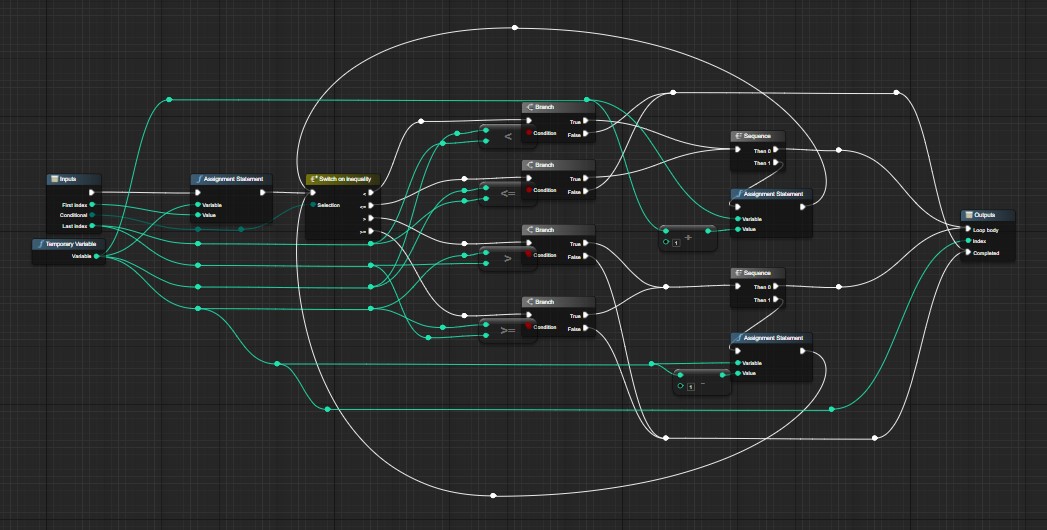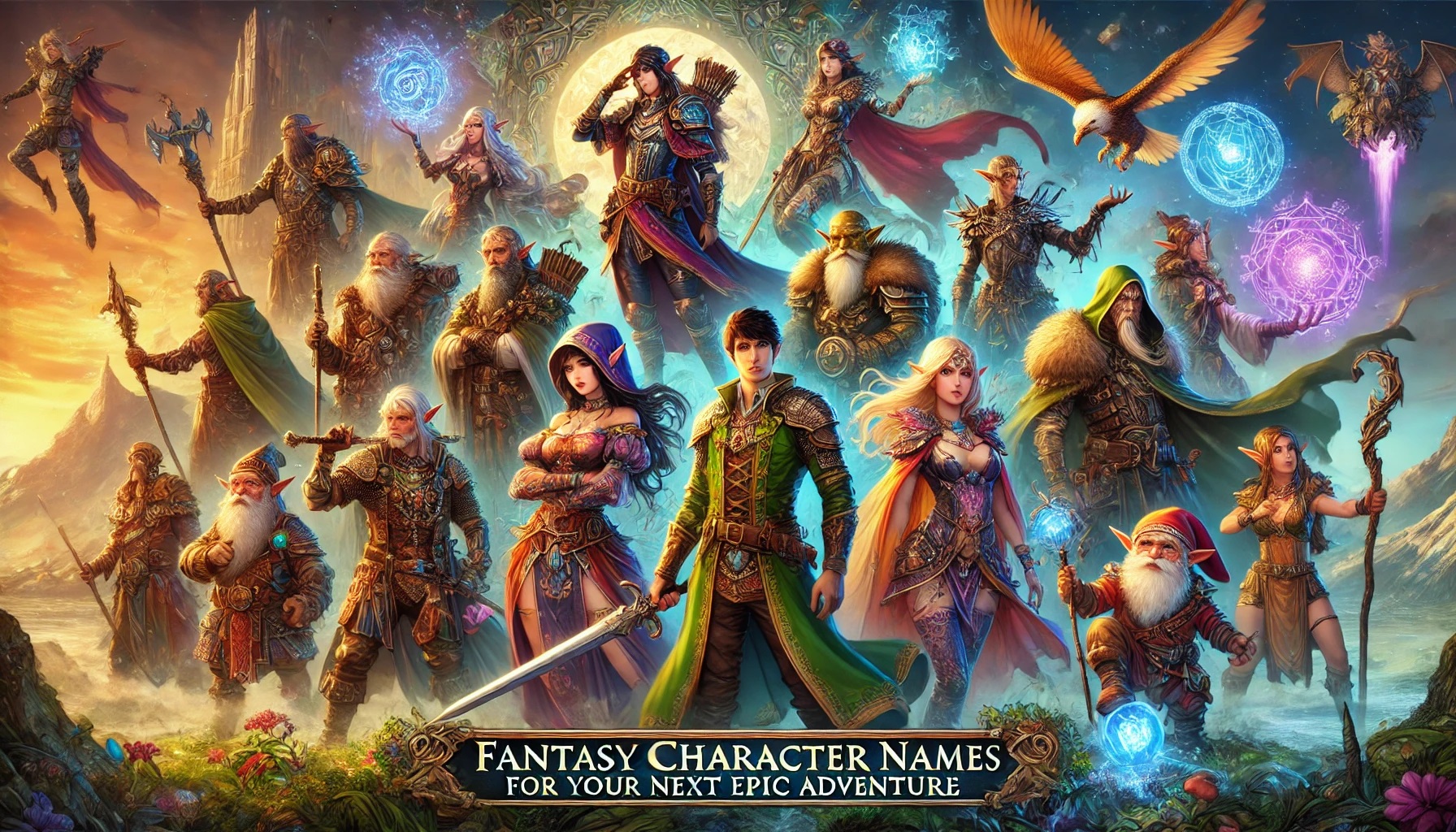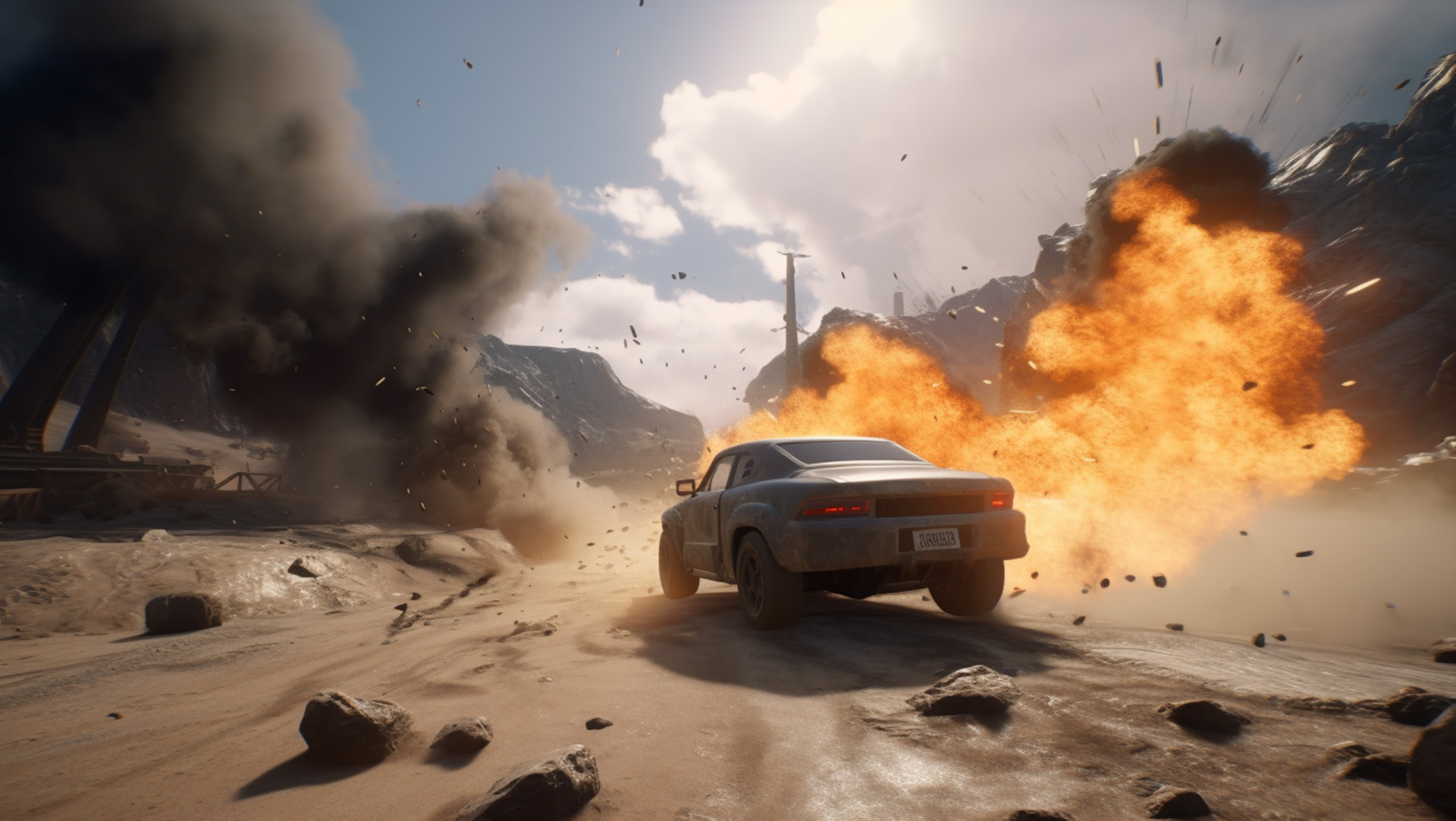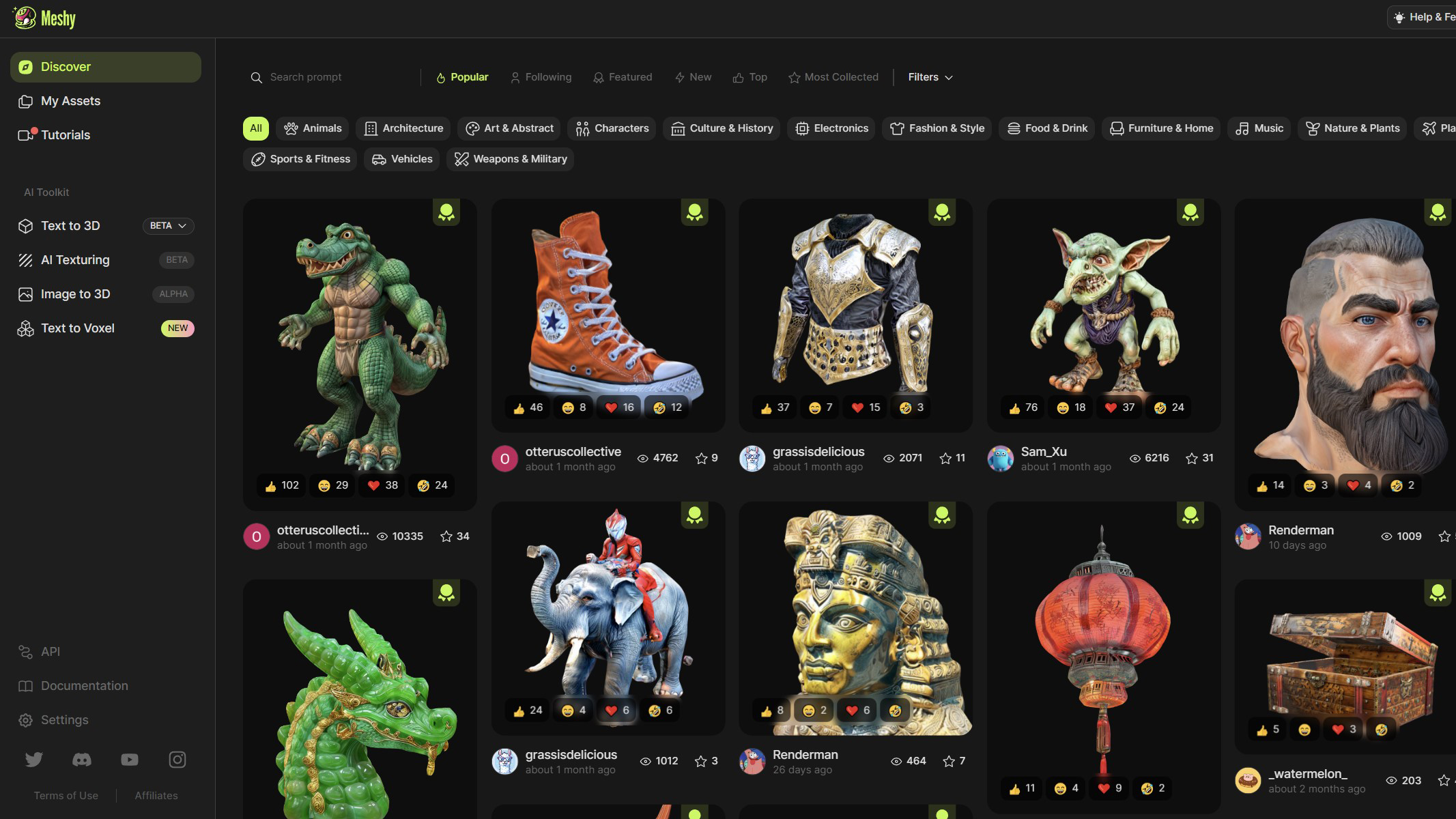In the early days of gaming, the landscape was dominated by hyper-masculine heroes: muscular warriors, gritty soldiers, and lone wolves saving the world. Think Duke Nukem, Kratos from God of War, or the battle-hardened marines of Gears of War. These characters symbolized traditional masculine ideals—tough, unyielding, and emotionally distant. But over time, a seismic shift has occurred in the portrayal of masculinity in video games, sparking fierce debates about the “death” of these archetypal heroes.
So, who killed masculinity in video games?
Some point to the rise of diversity and inclusivity in game development as the main culprit. In an industry once dominated by stereotypically “masculine” narratives, characters have become more complex, reflective of broader societal changes. Influences from LGBTQ+ communities and feminist movements are often cited as reasons behind this shift. Developers today aim to create characters that reflect a more inclusive world, offering more depth, vulnerability, and emotional range. Instead of the stoic warrior, we see flawed, relatable characters grappling with real-world issues, like fatherhood in The Last of Us(Esports Research Network)(Psychology Today).
This move towards inclusivity, however, has not been without resistance. Some argue that the industry has gone “woke”—a derogatory term used by critics to describe what they see as forced political correctness in modern gaming. They claim that masculine characters have been sidelined or “softened” to cater to agendas outside of what games traditionally stood for. This criticism was notably directed at franchises like Wolfenstein and Gears of War, which have shifted towards more diverse character representation and stories, a move seen by some as a decline in quality(Chaindesk)(Psychology Today).
On the other side of the debate, supporters of the industry’s evolution argue that masculinity in video games hasn’t been “killed”—it’s merely evolved. Games now explore different facets of what it means to be a man. Titles like Red Dead Redemption 2 offer nuanced portrayals of men confronting emotional vulnerability, moral dilemmas, and complex relationships. The industry’s expansion means that traditional masculine archetypes are no longer the only option. As games grow more diverse, so too do the stories and characters, allowing players to engage with a broader spectrum of experiences(Chaindesk)(Steam Community).
In truth, masculinity in video games has not died—it has transformed. It’s a reflection of changing societal norms and the growing desire for stories that go beyond the simplistic, one-dimensional heroes of the past. Whether or not this change is for better or worse depends on who you ask, but one thing is certain: the debate over masculinity in gaming is far from over.
